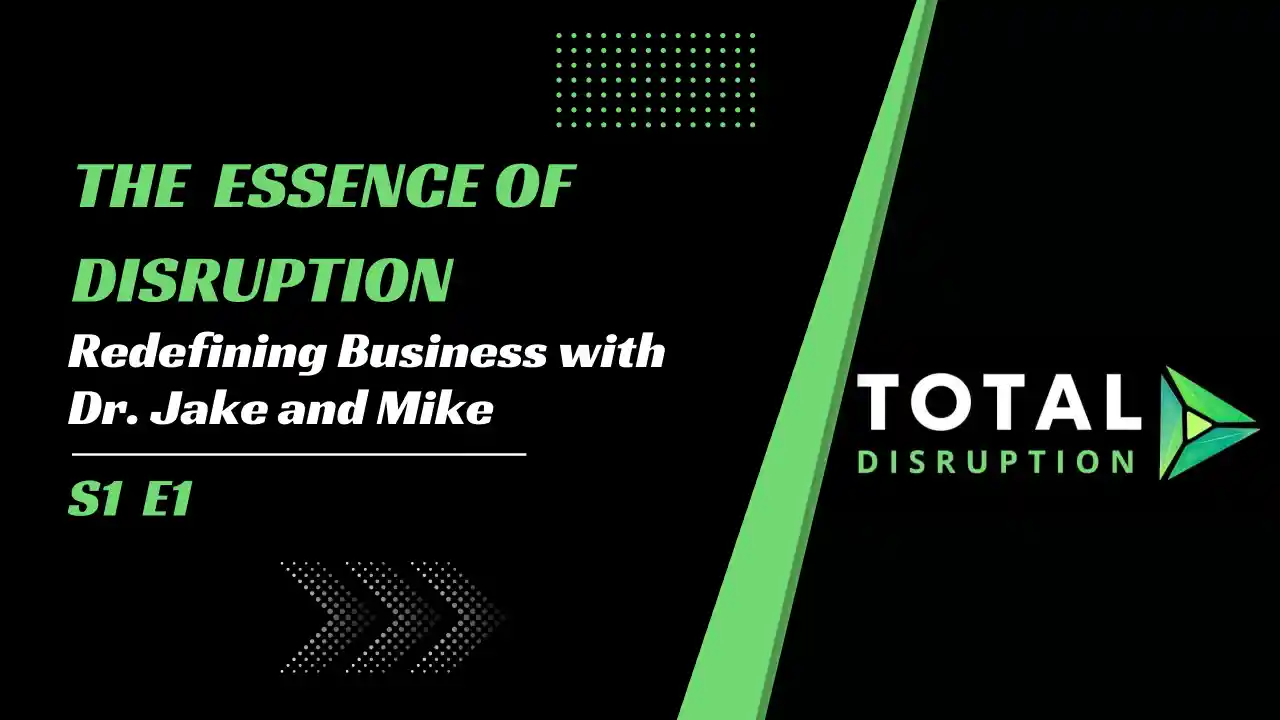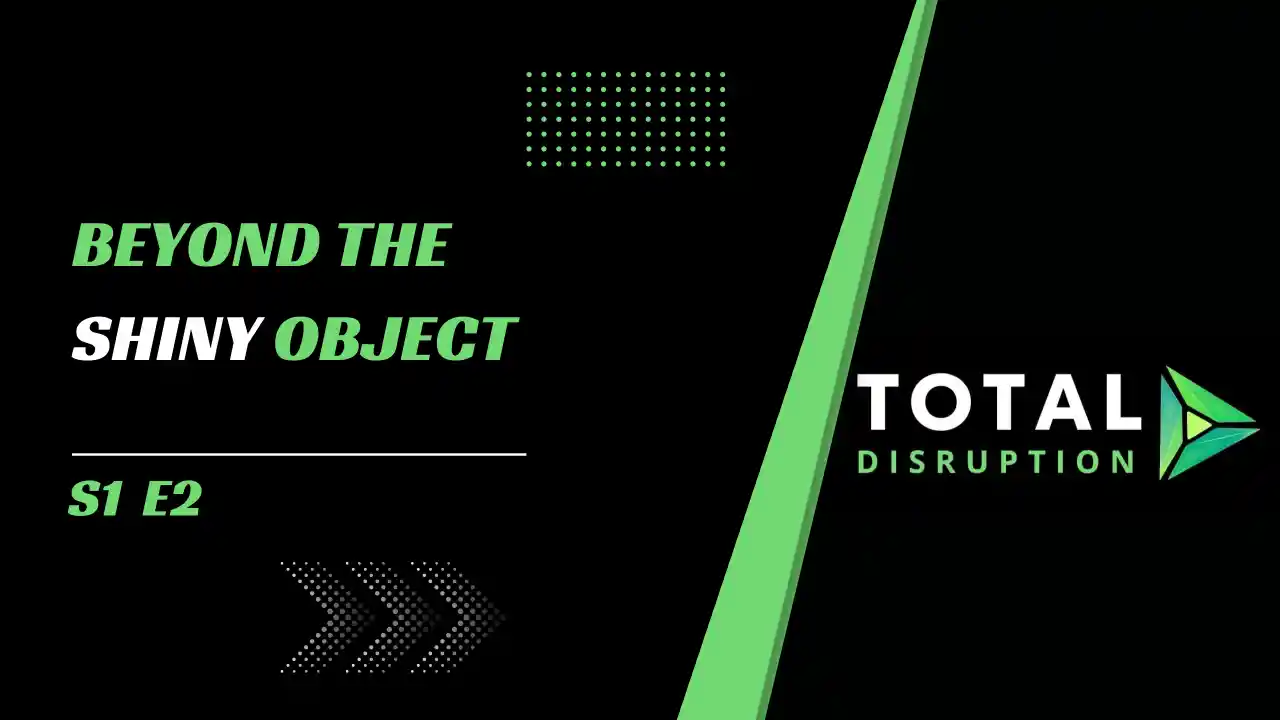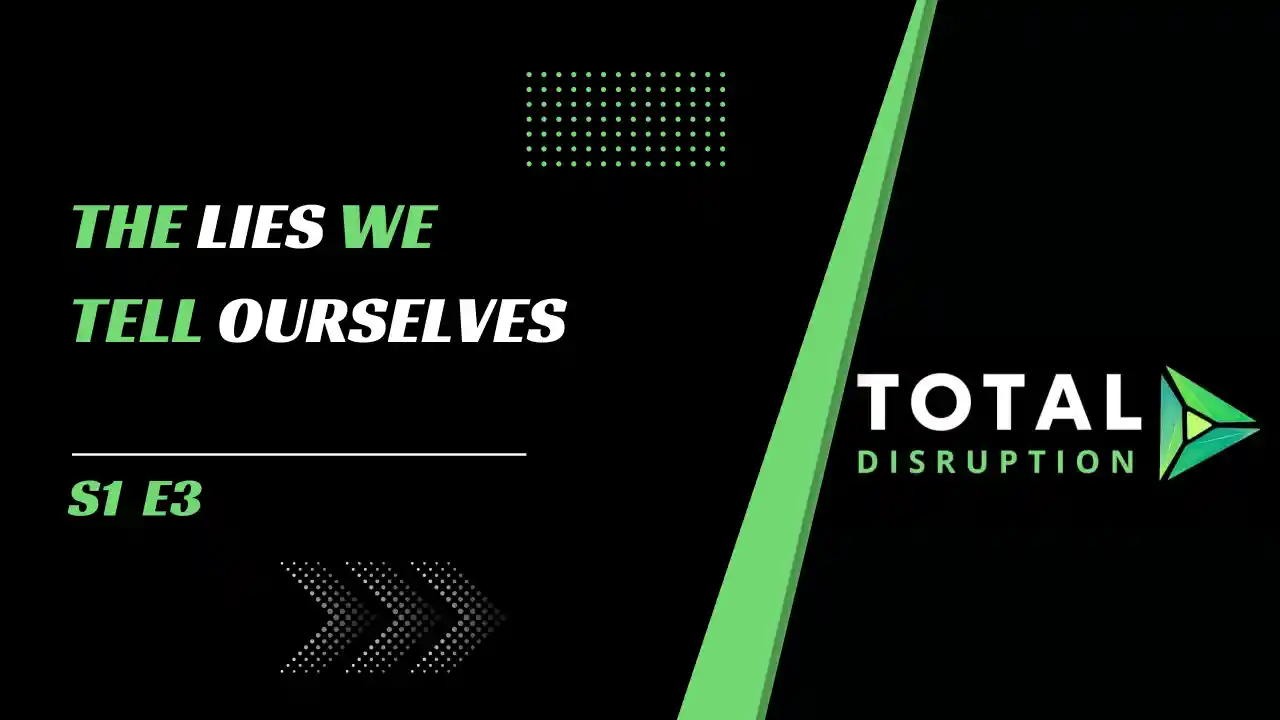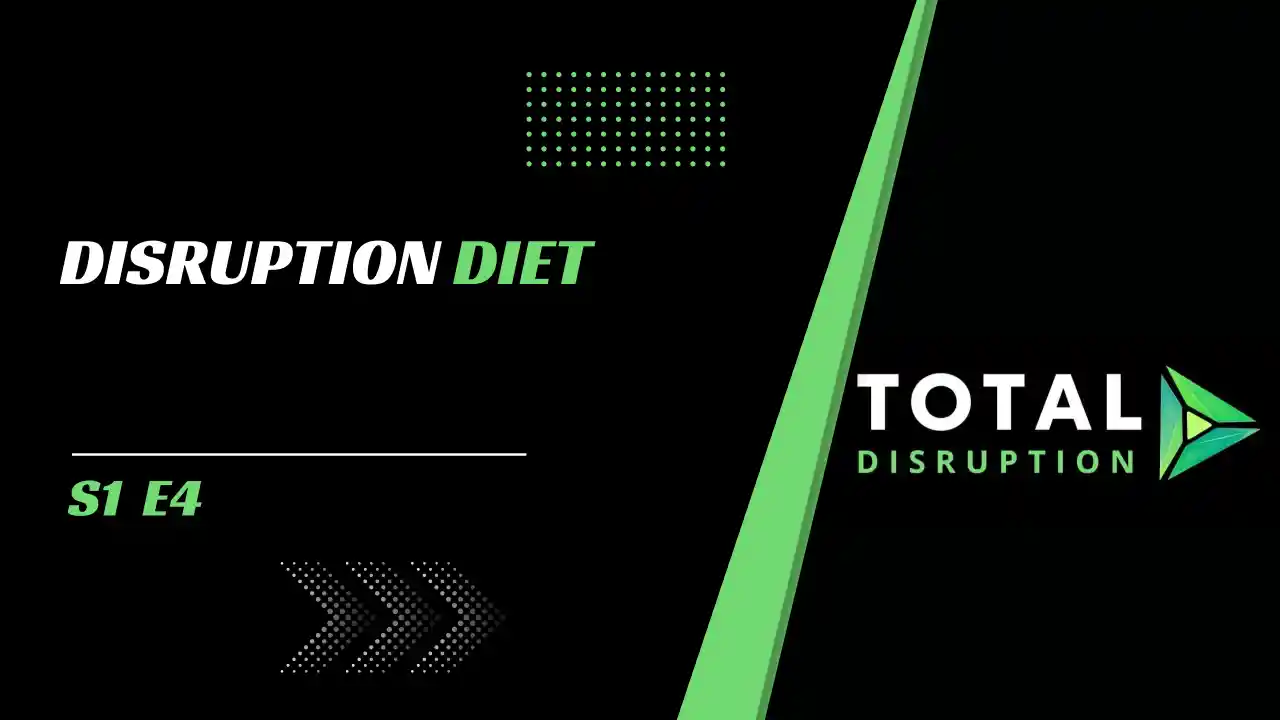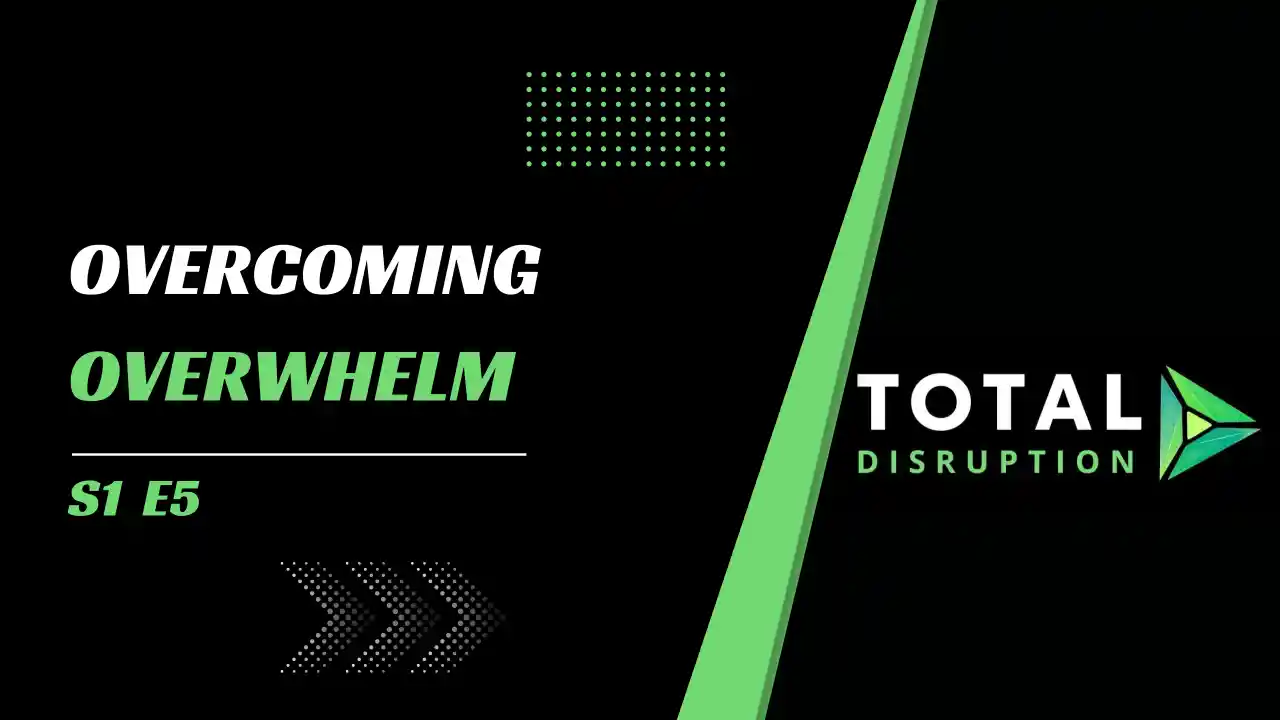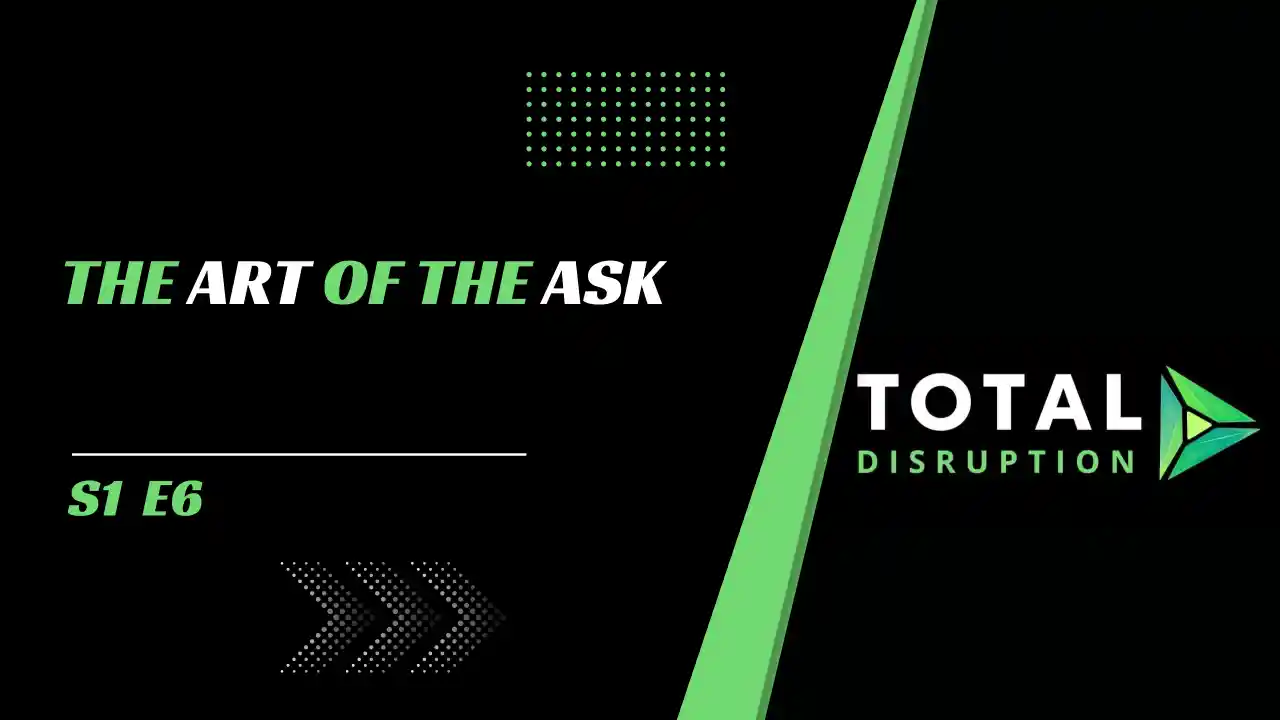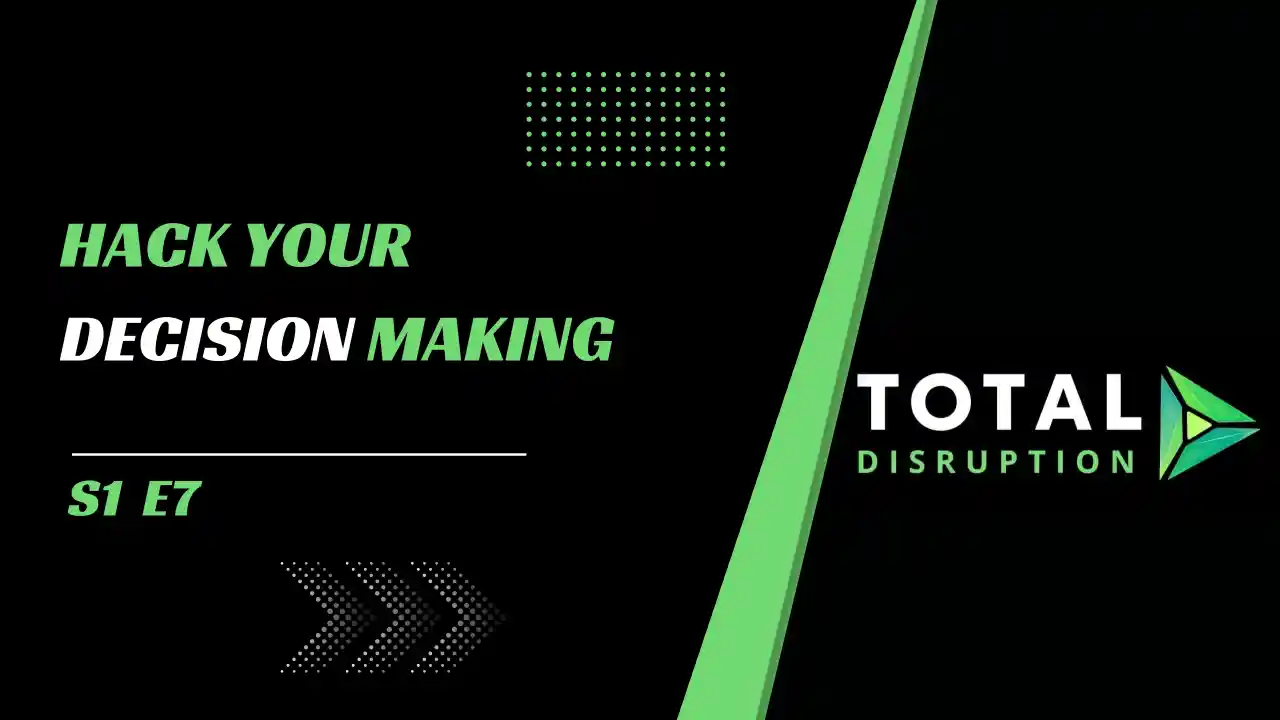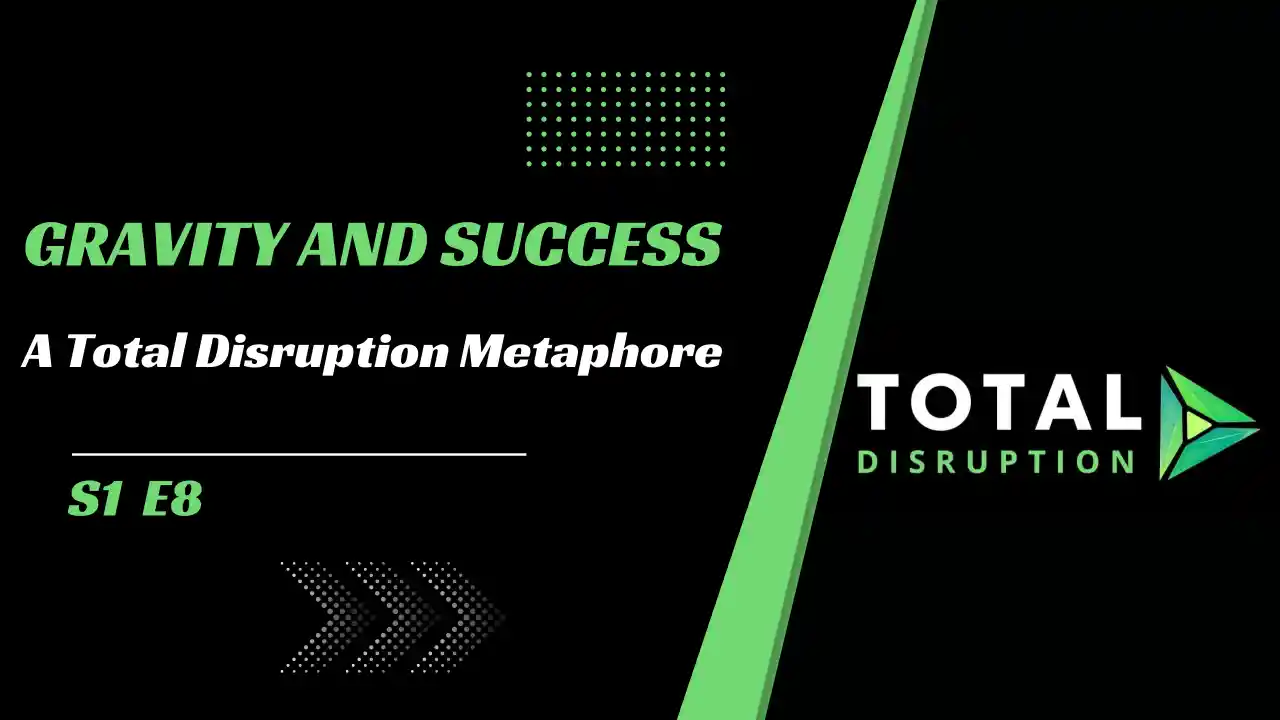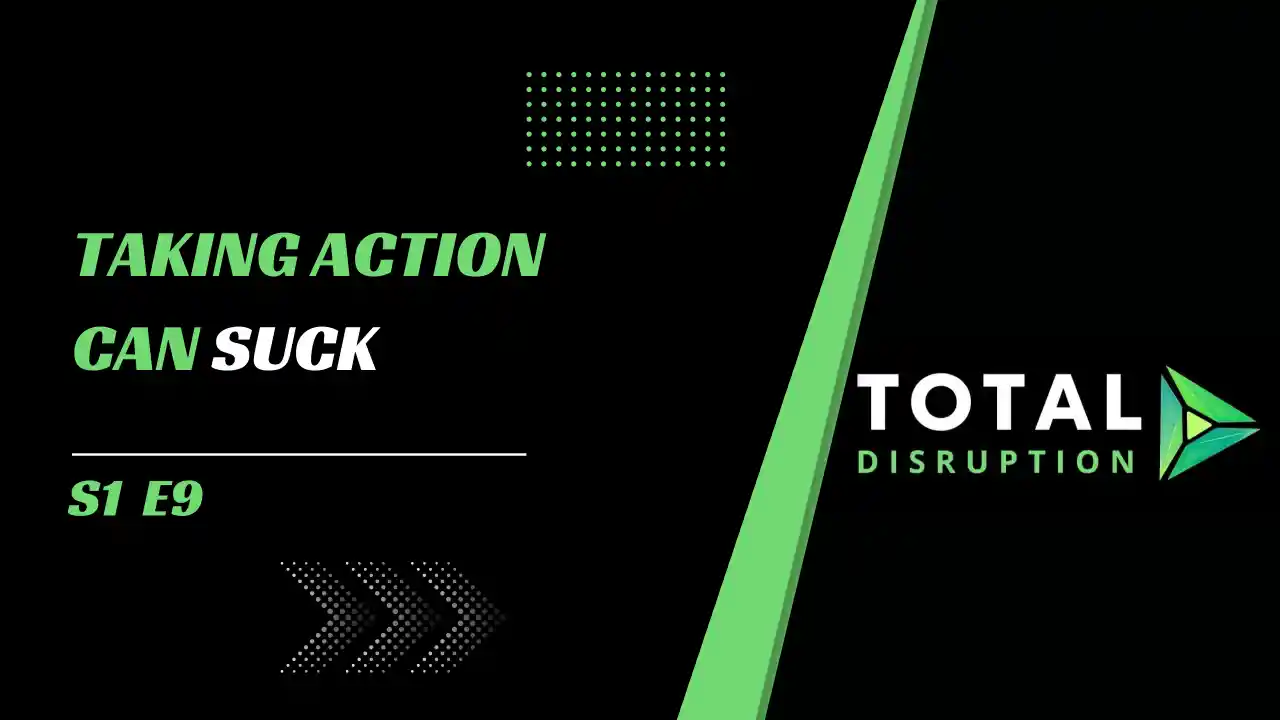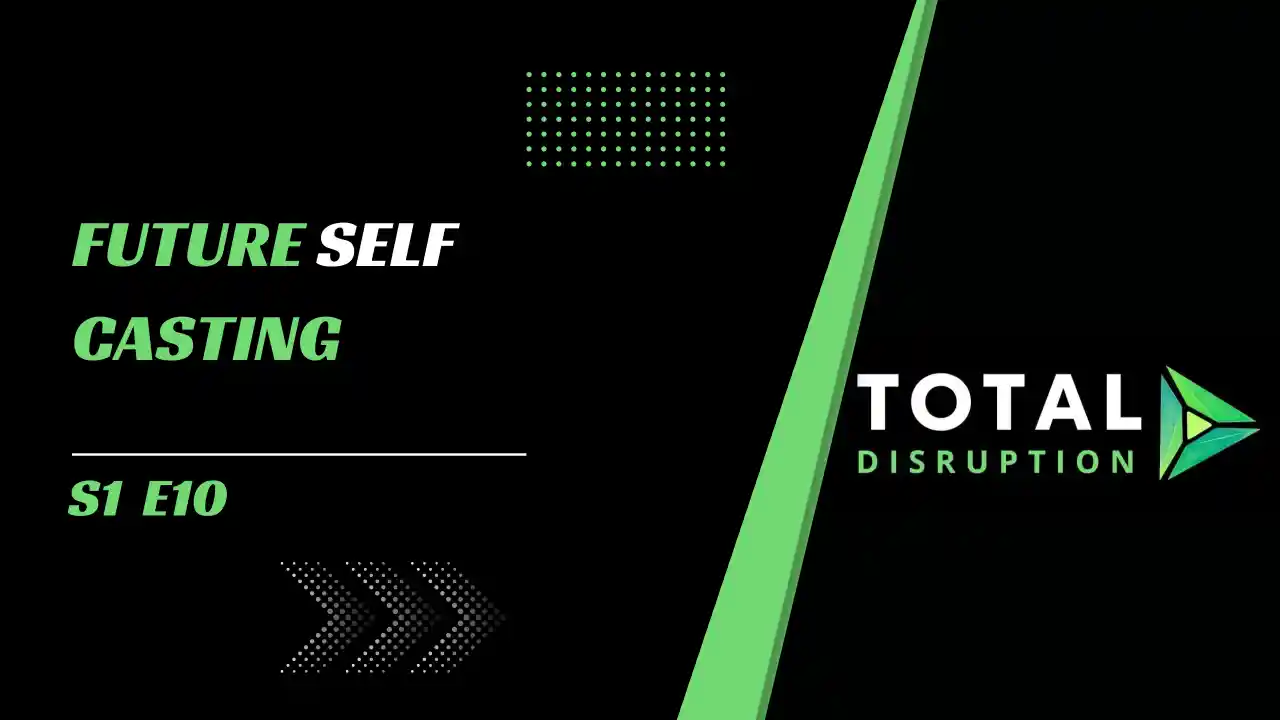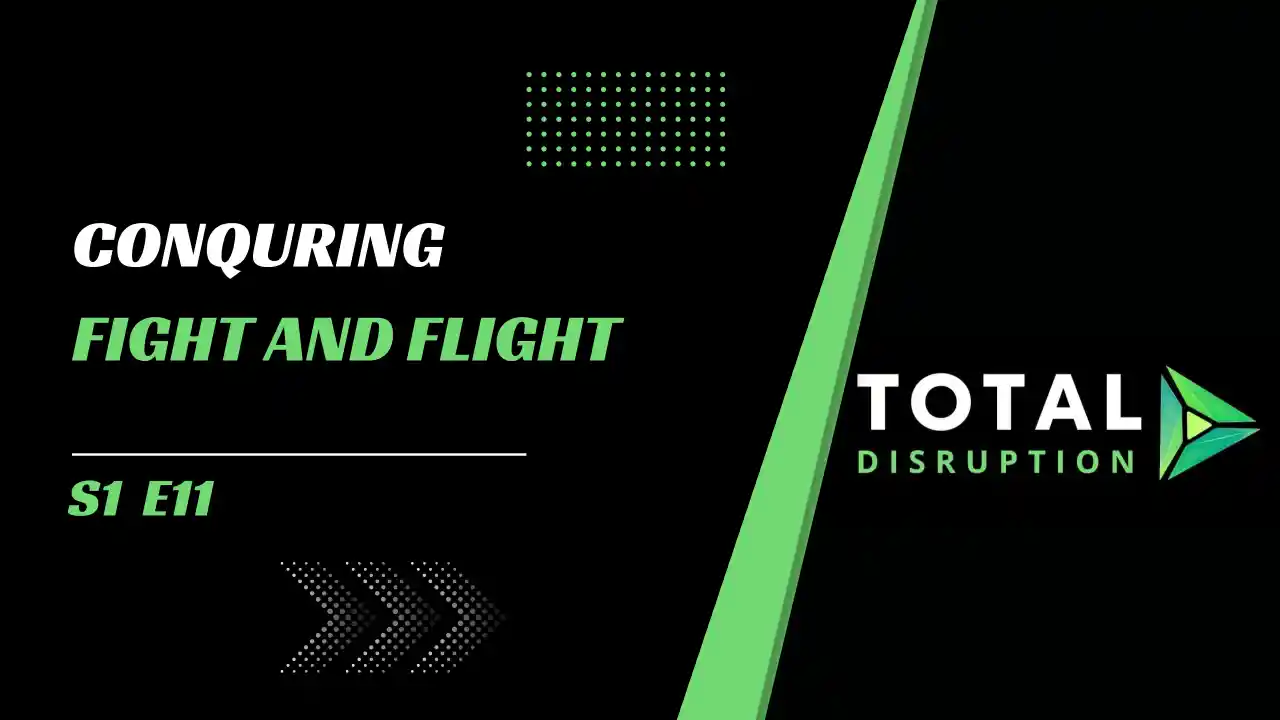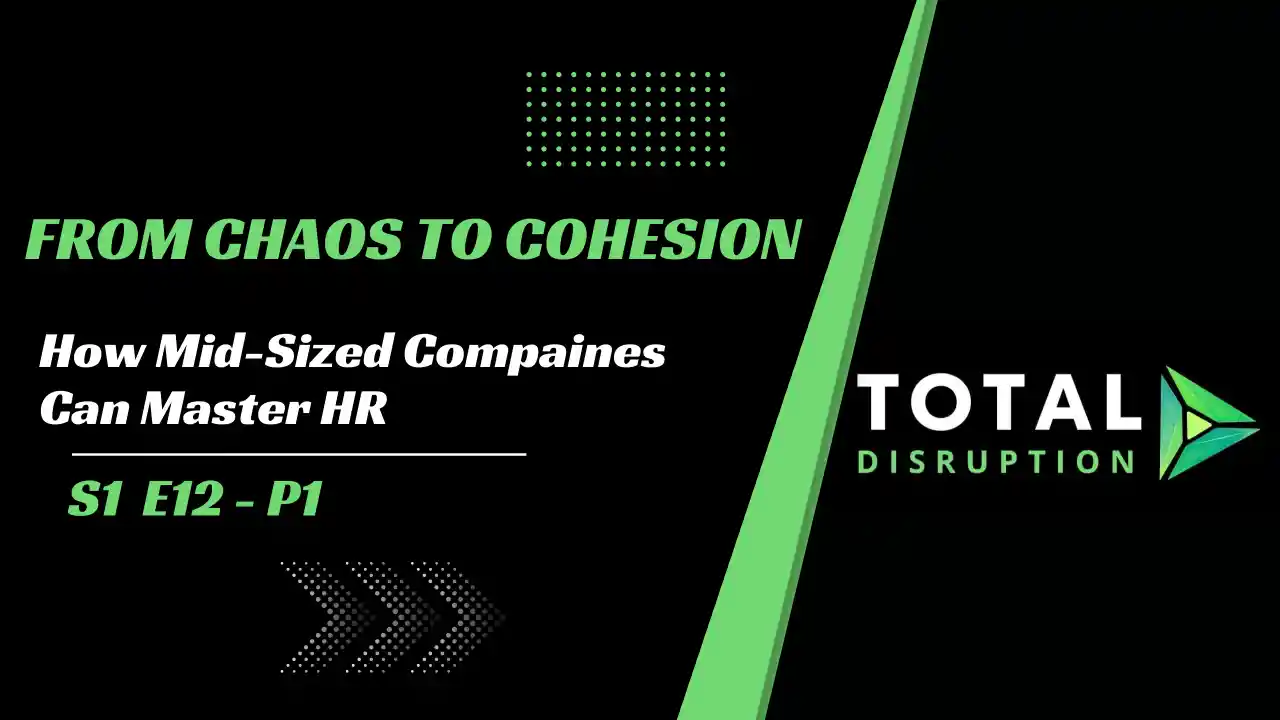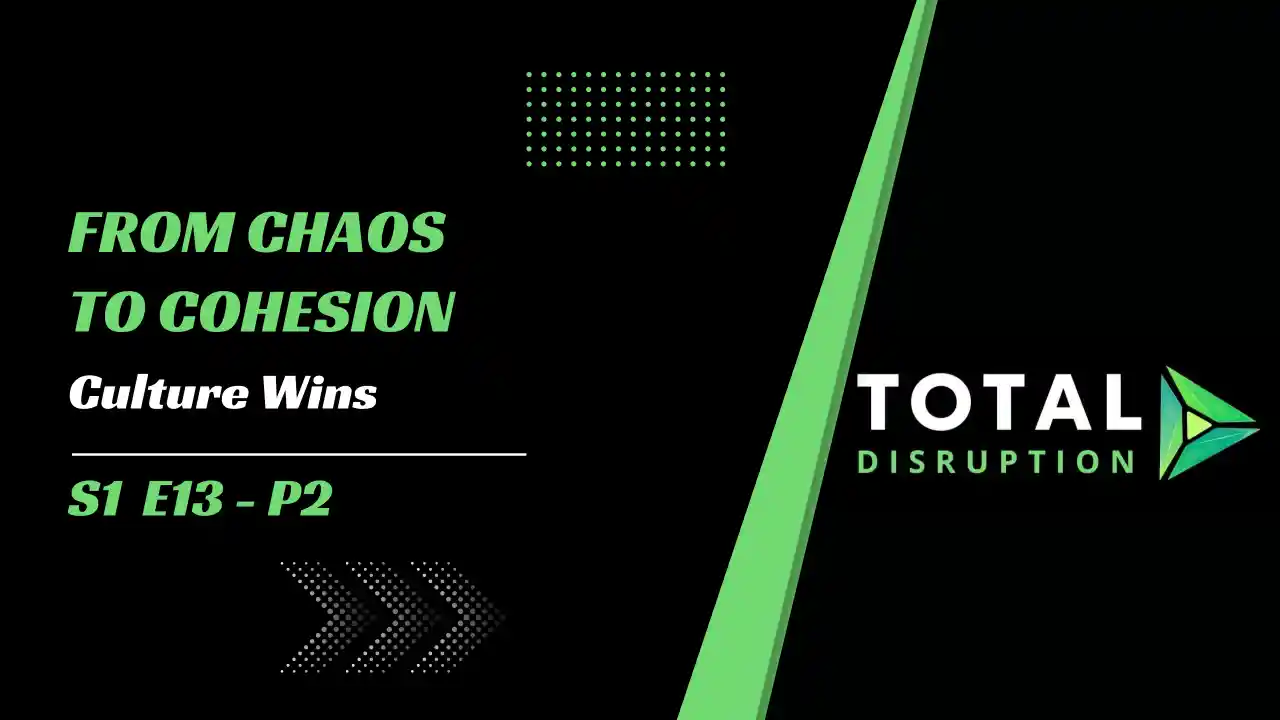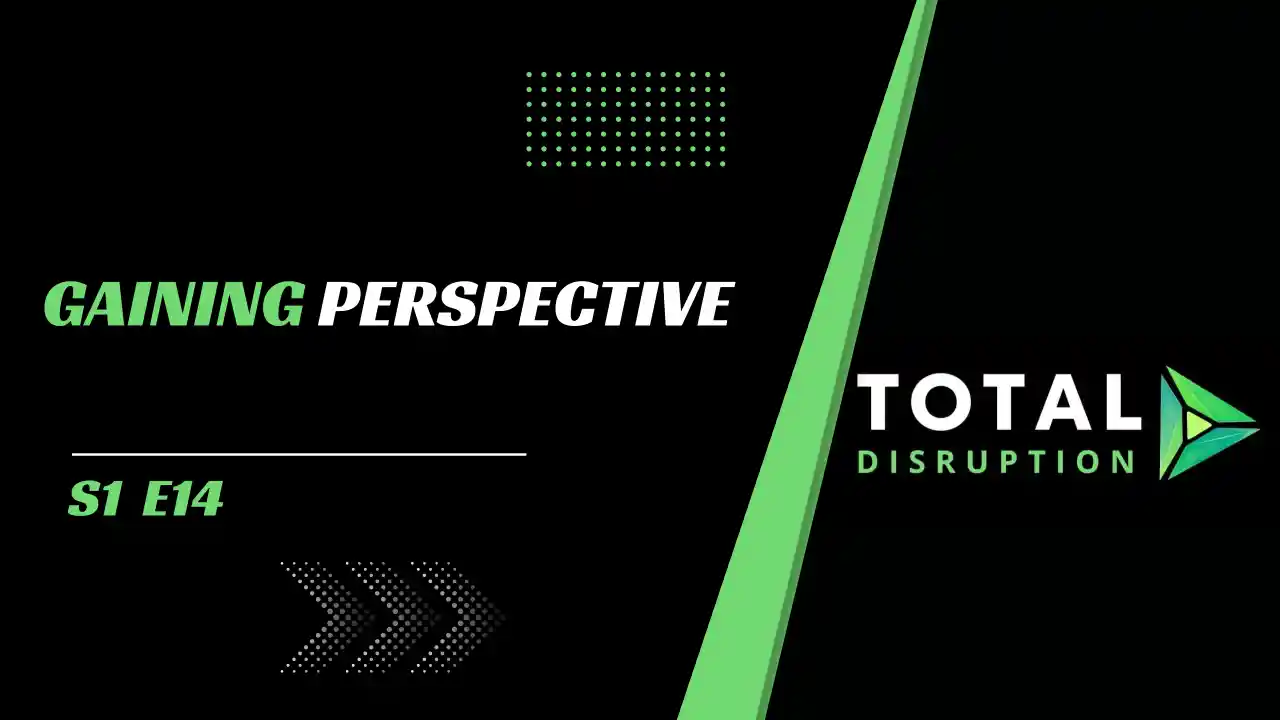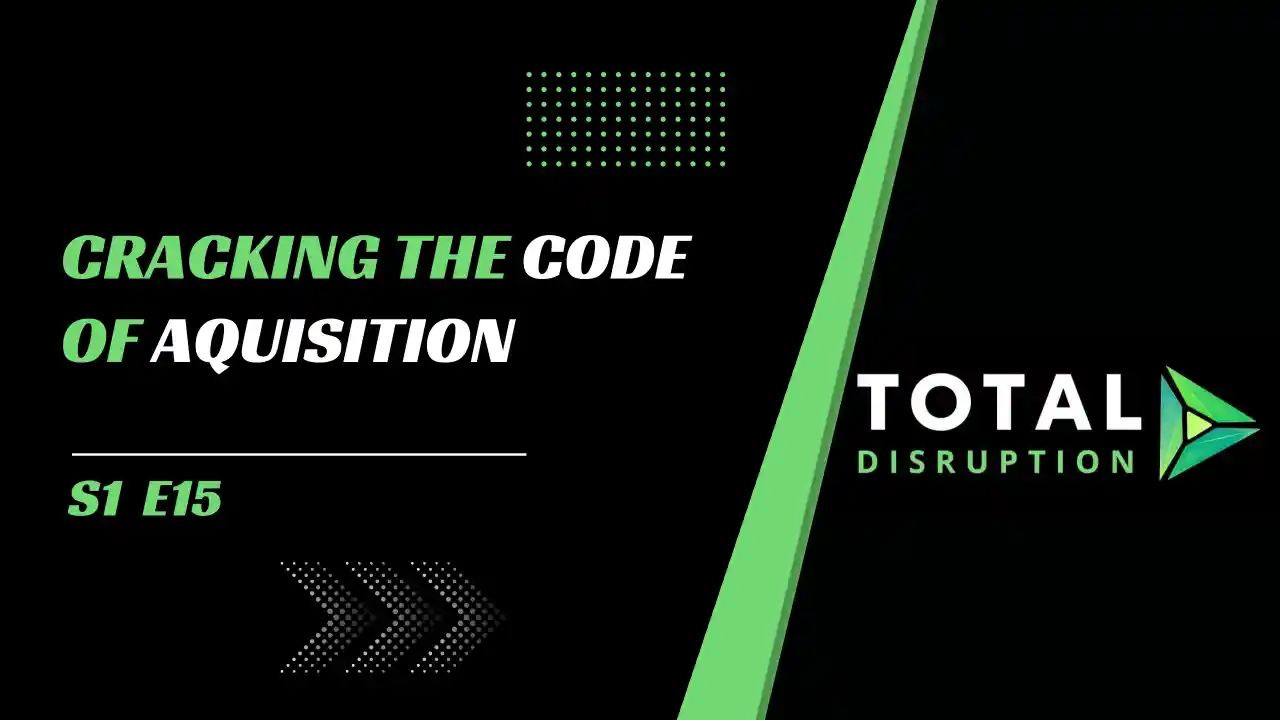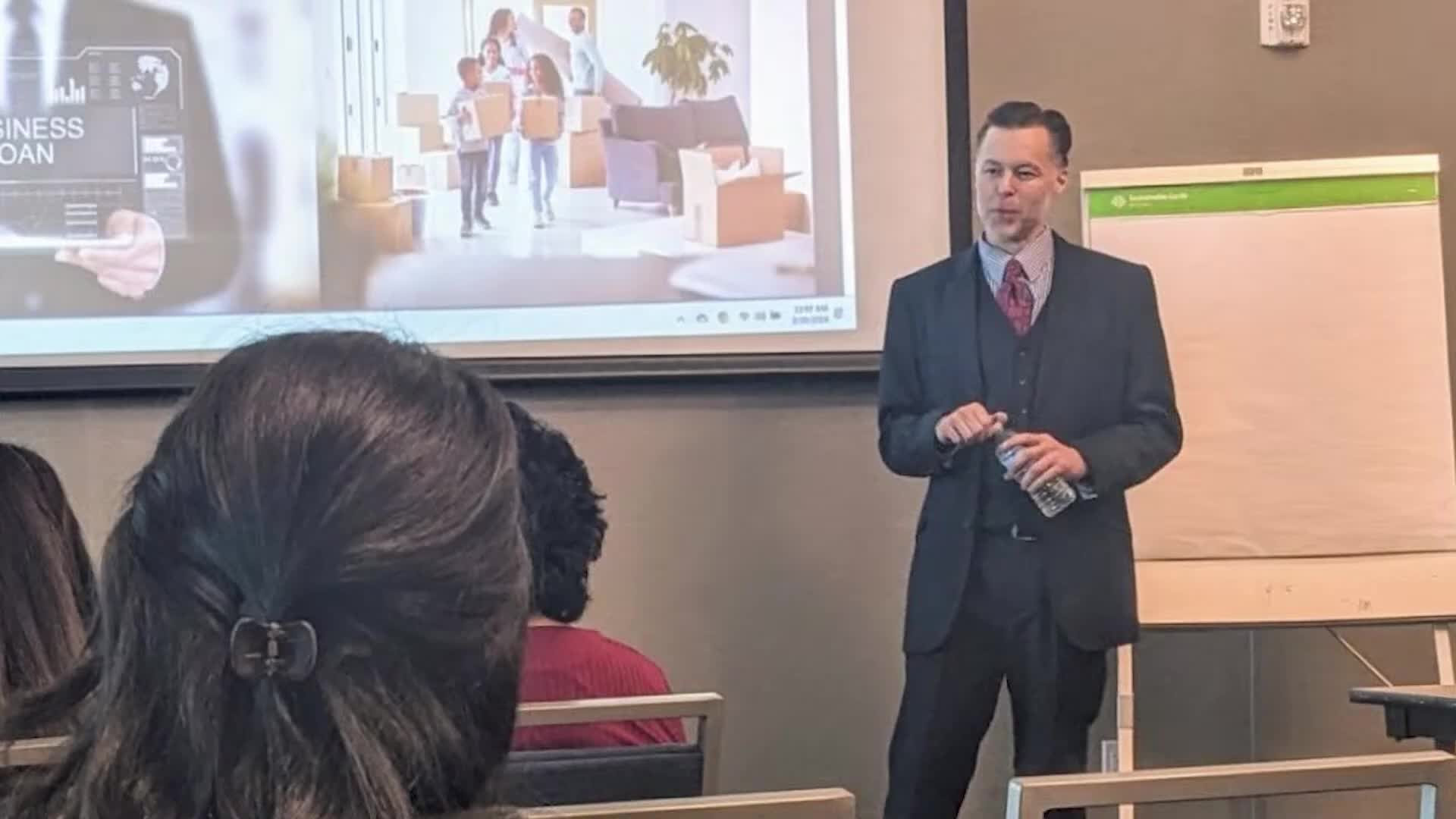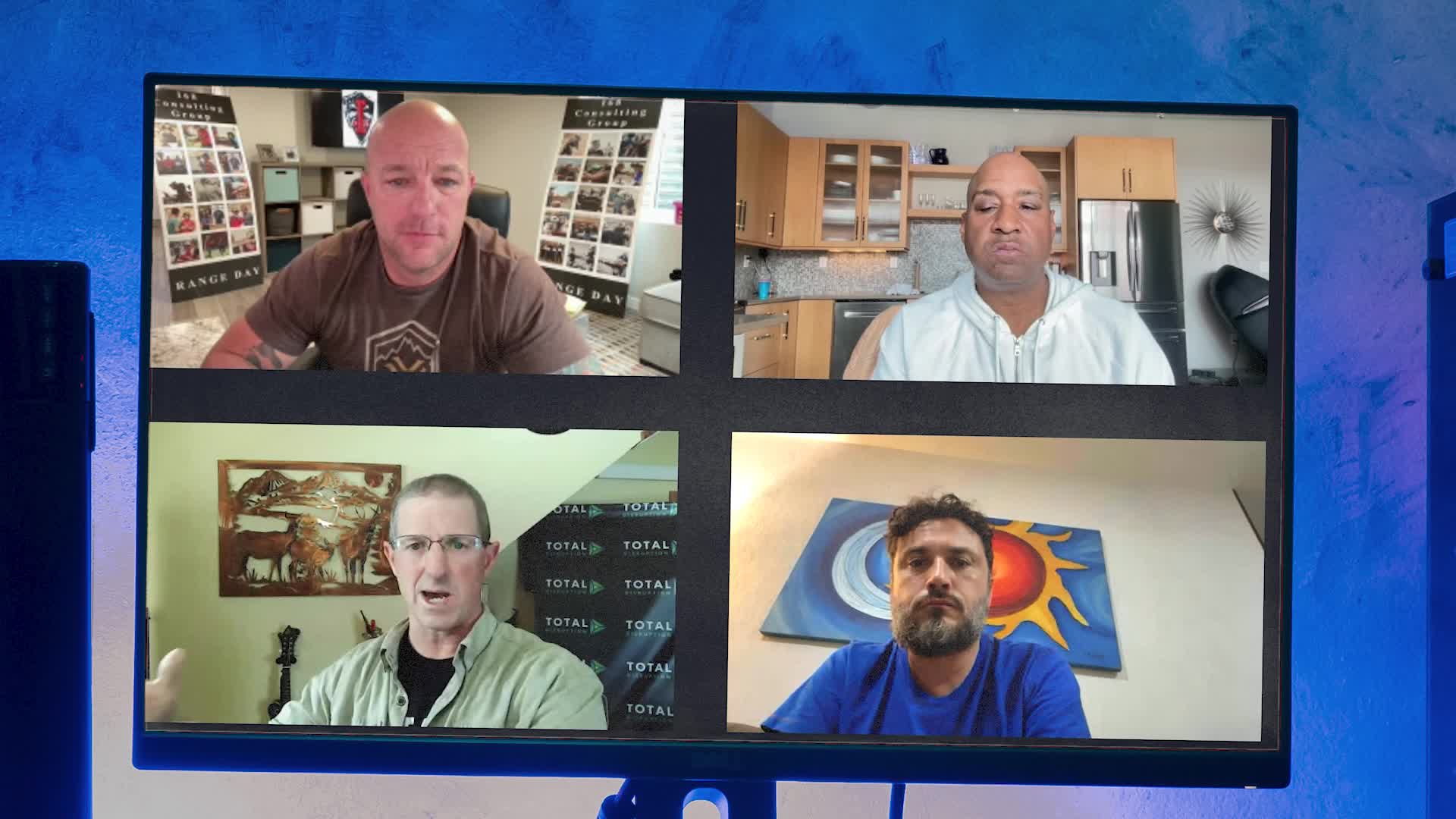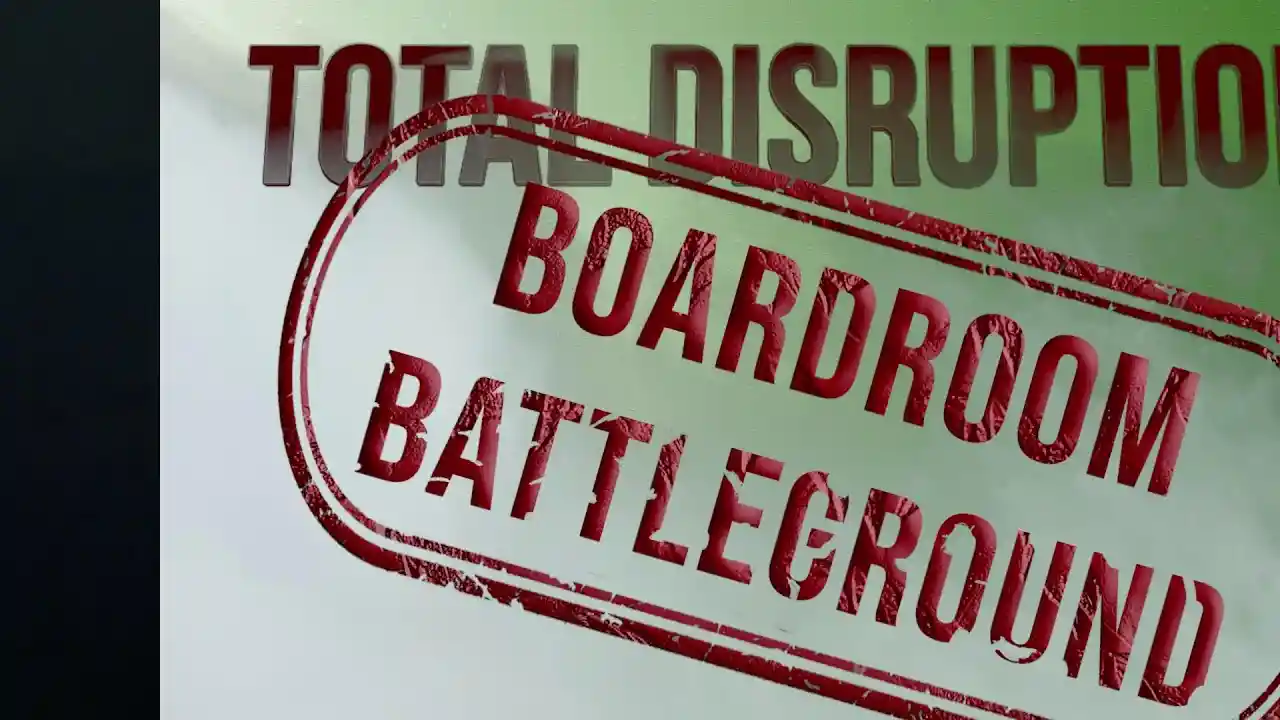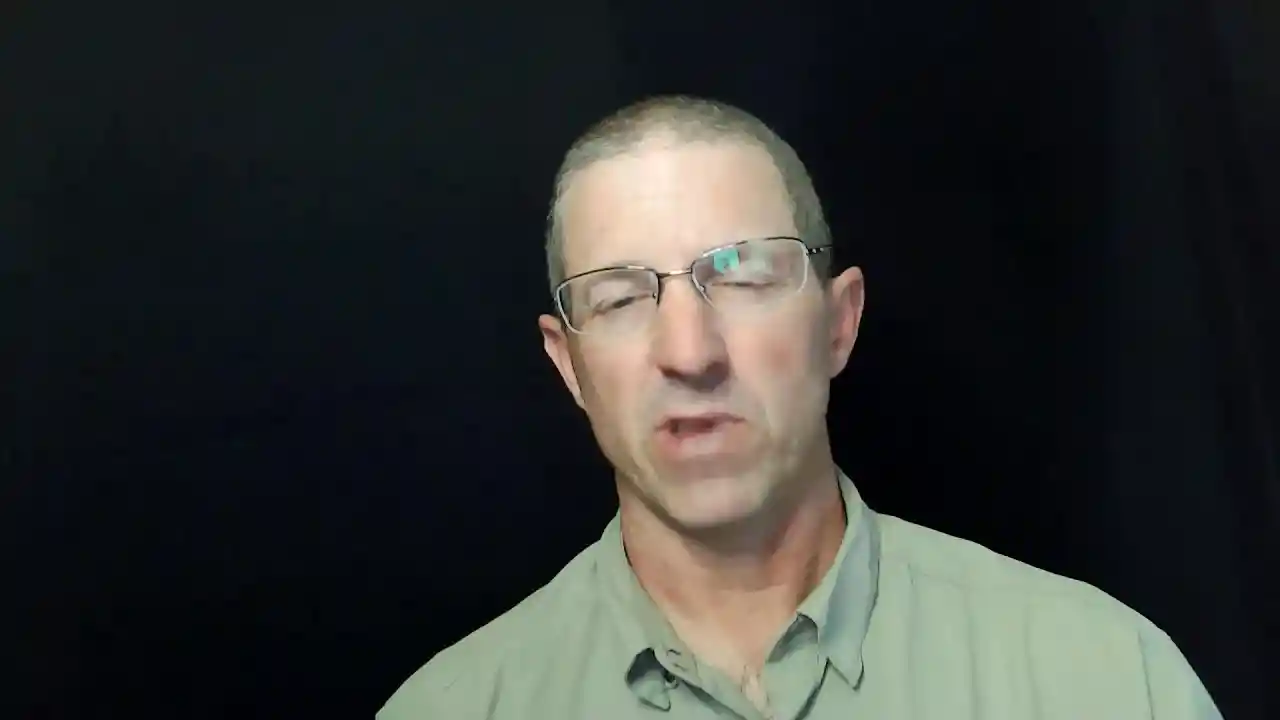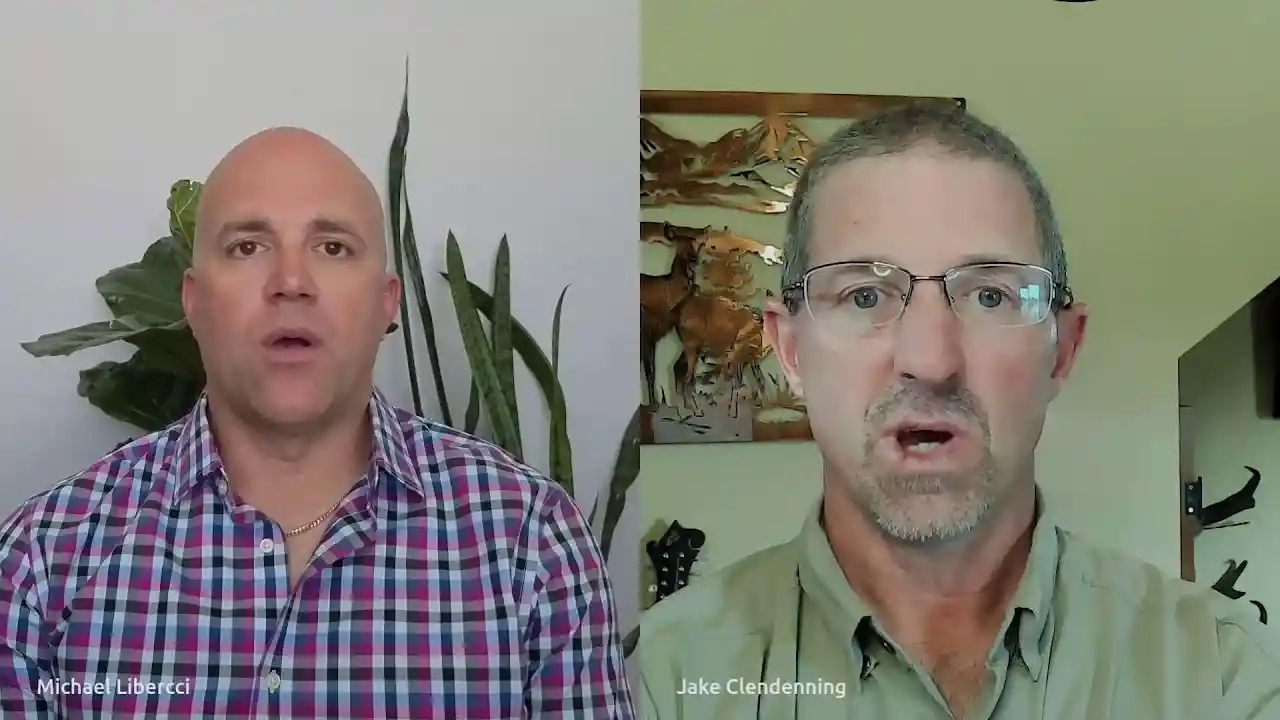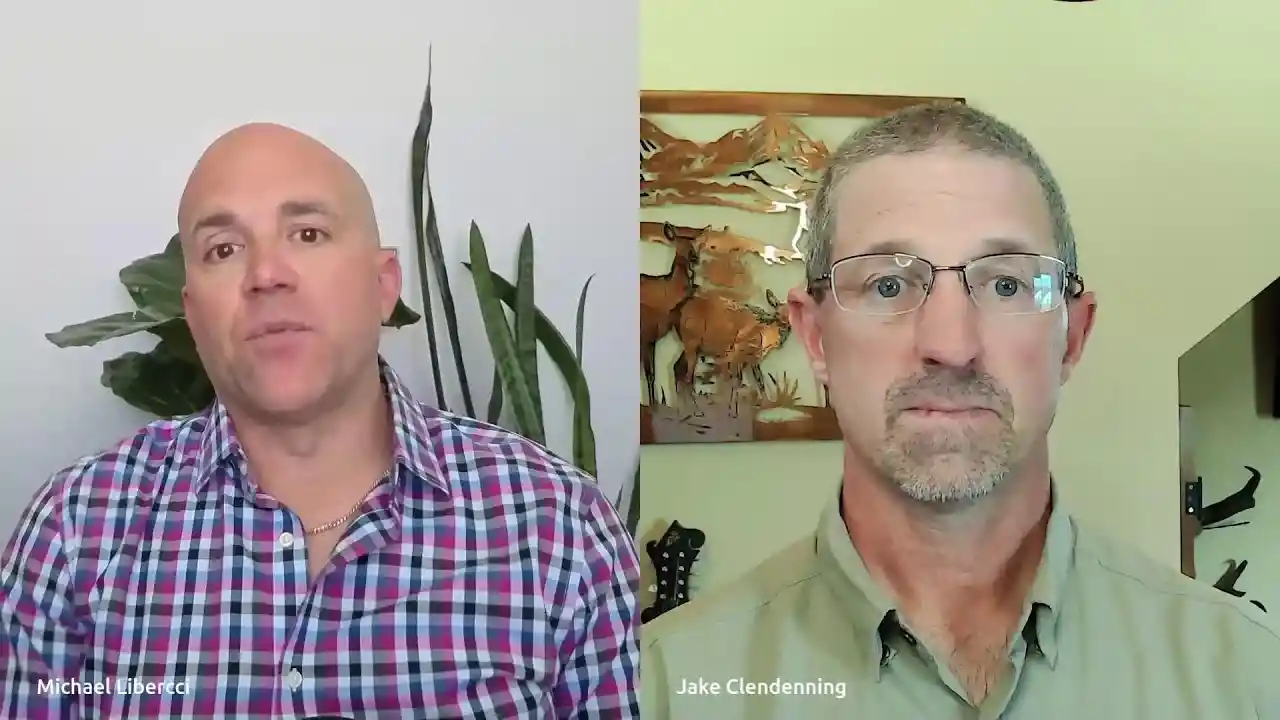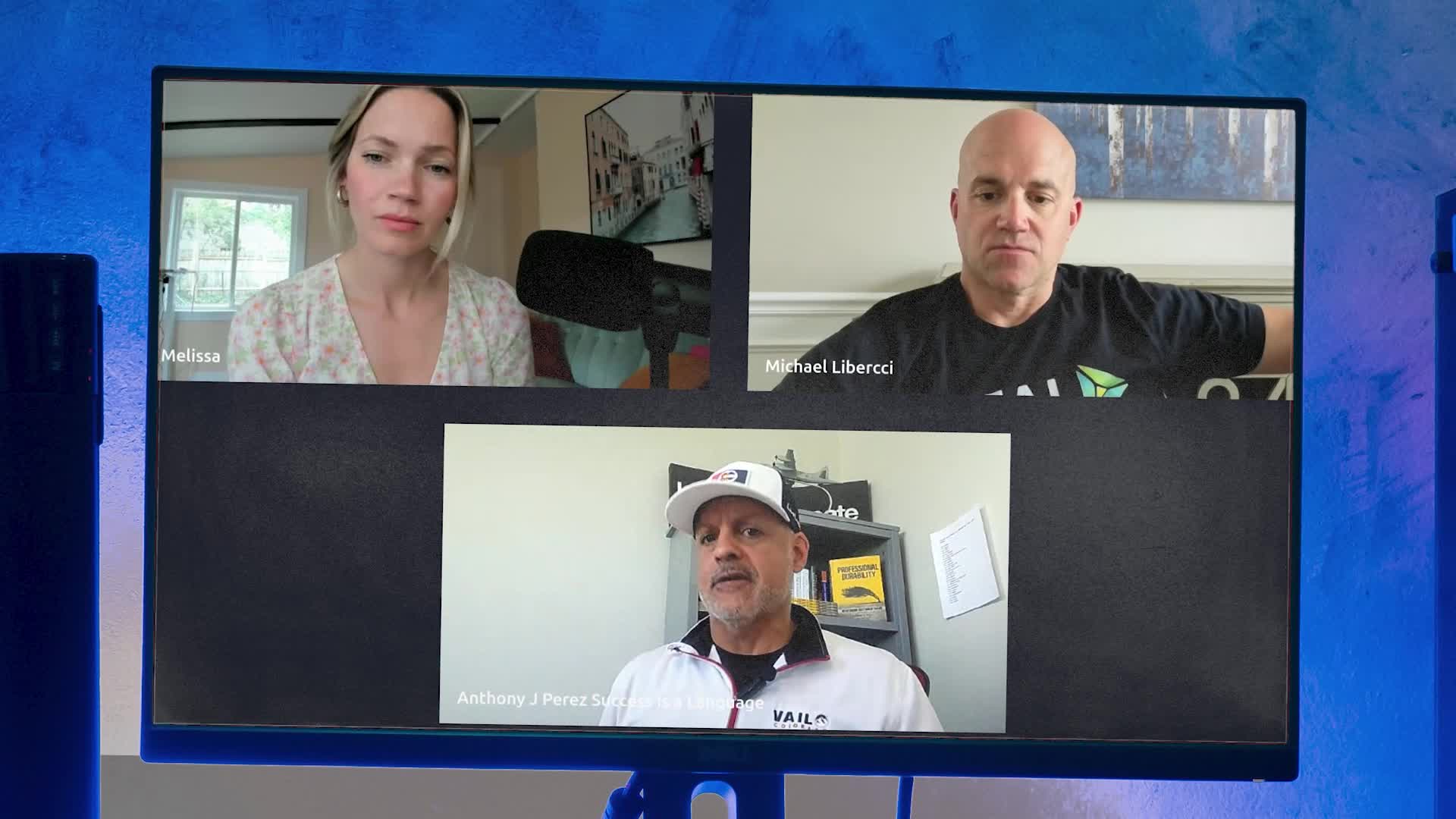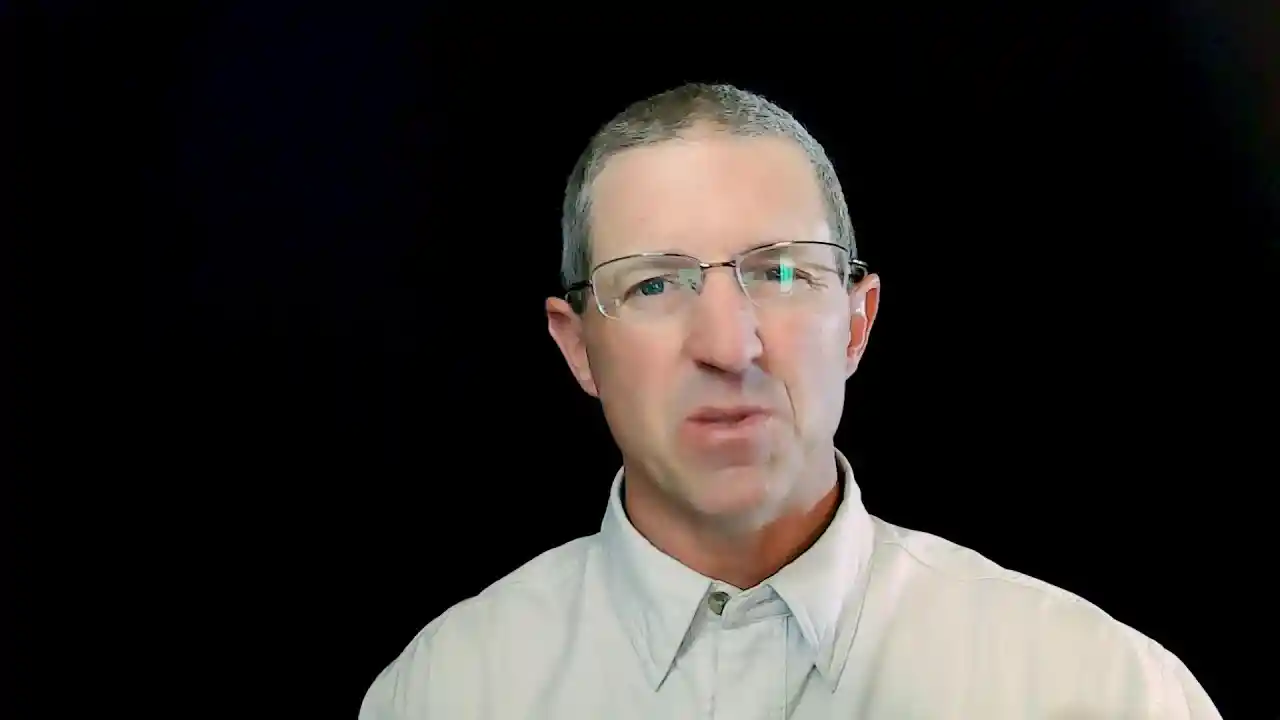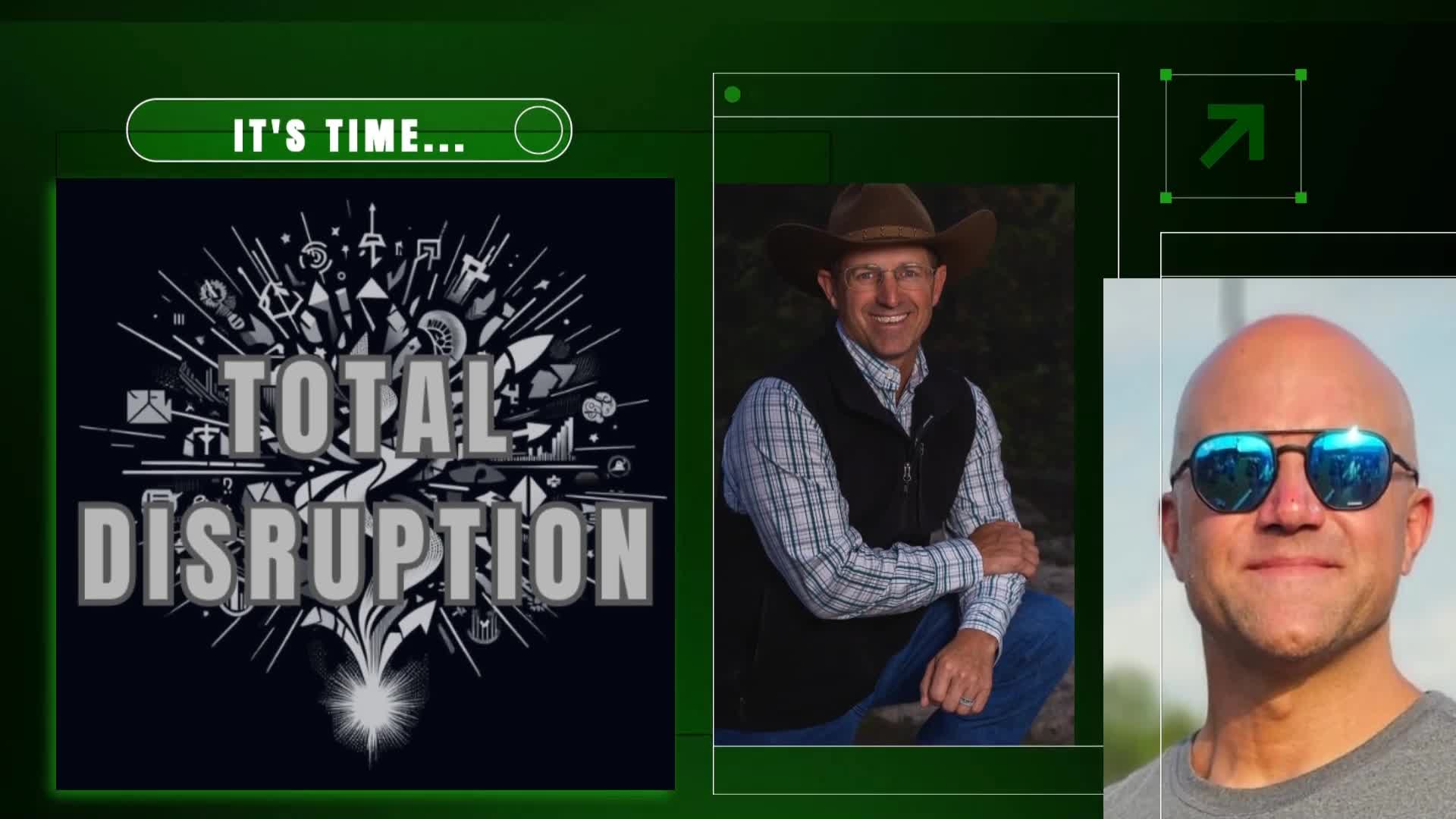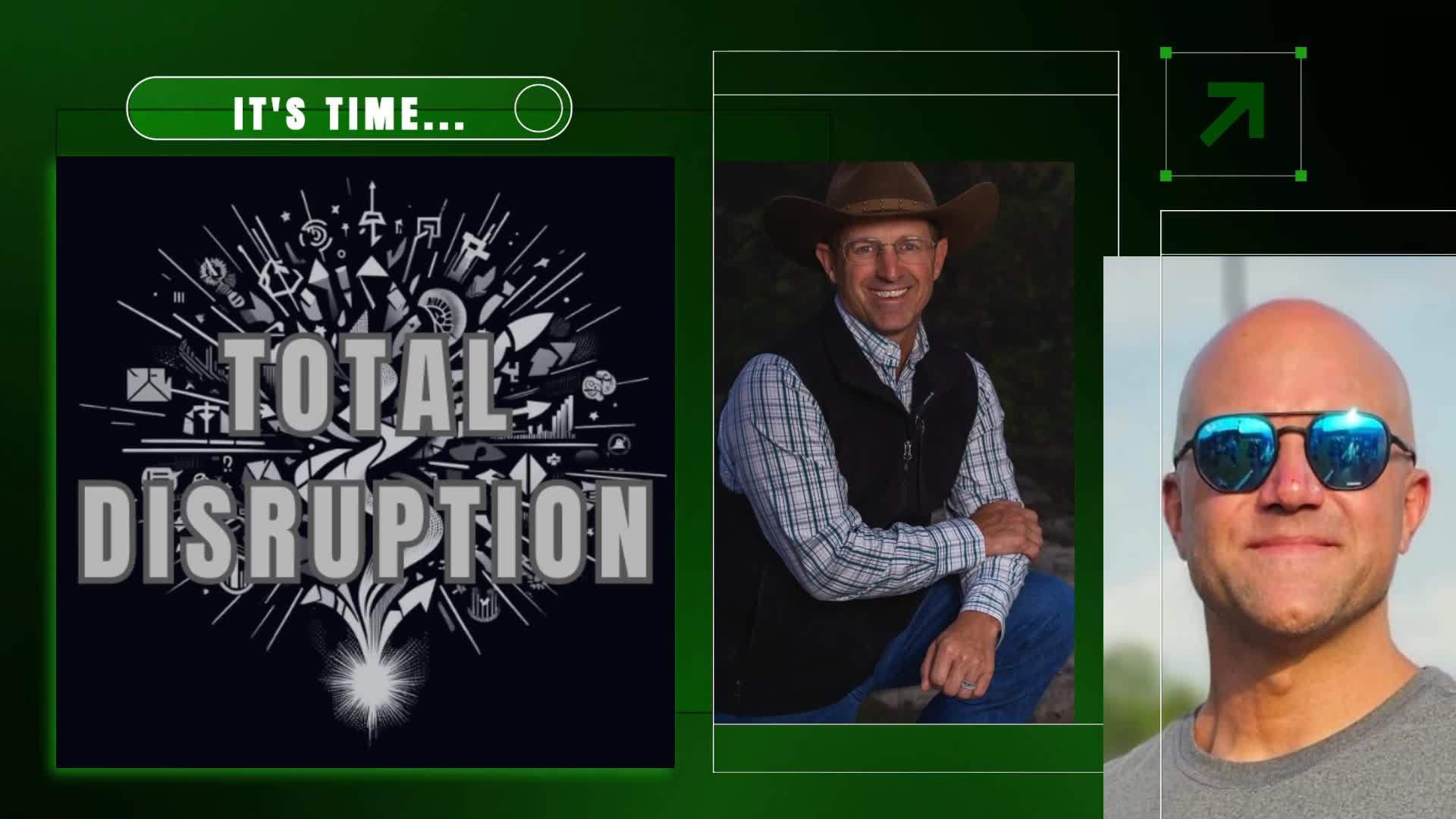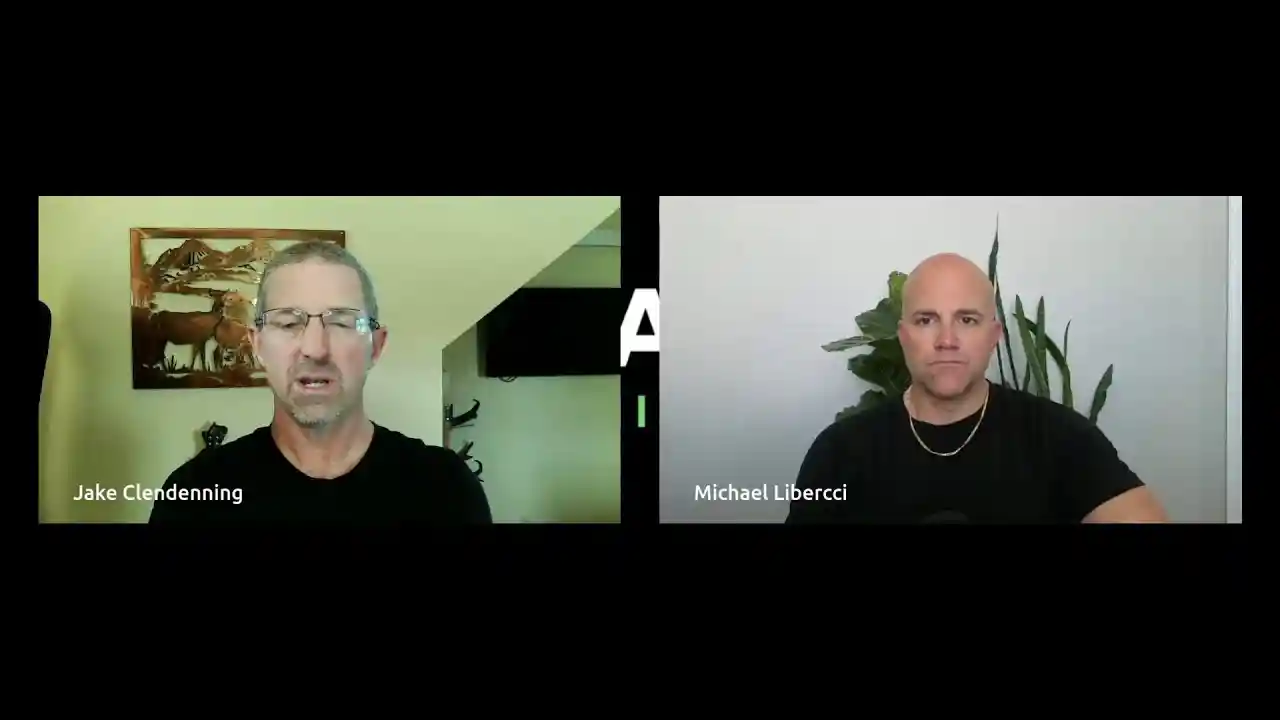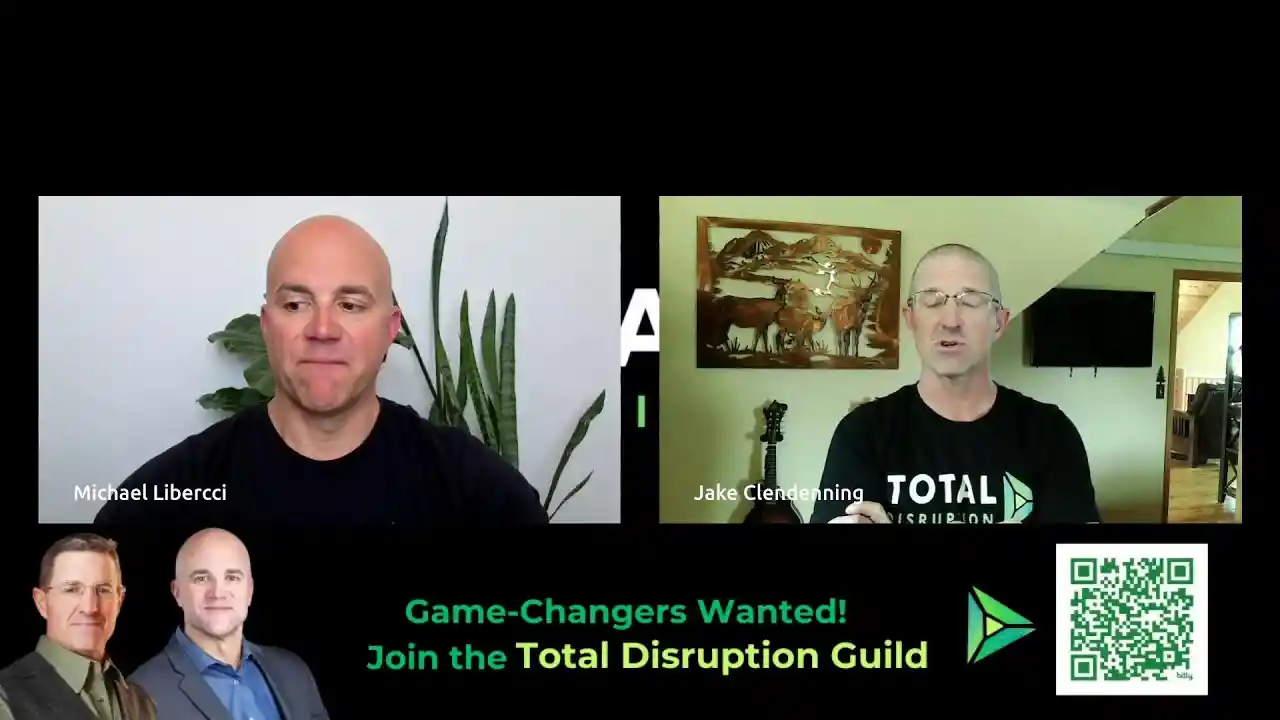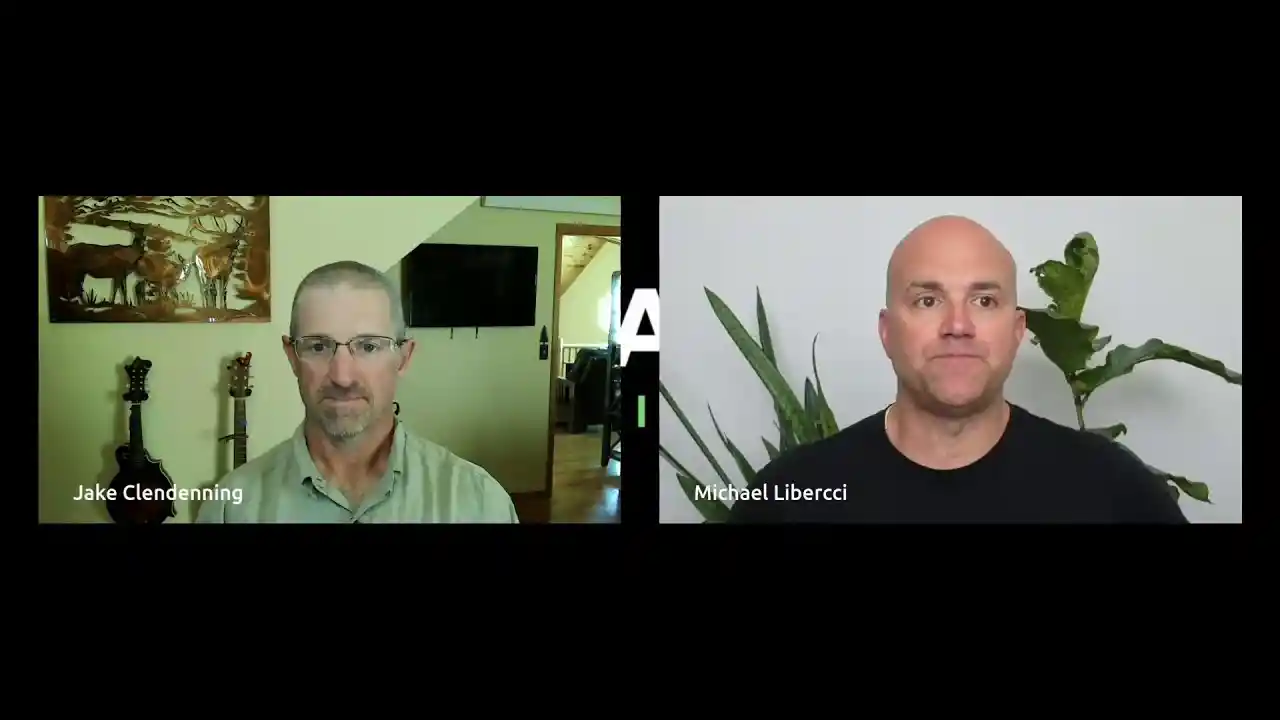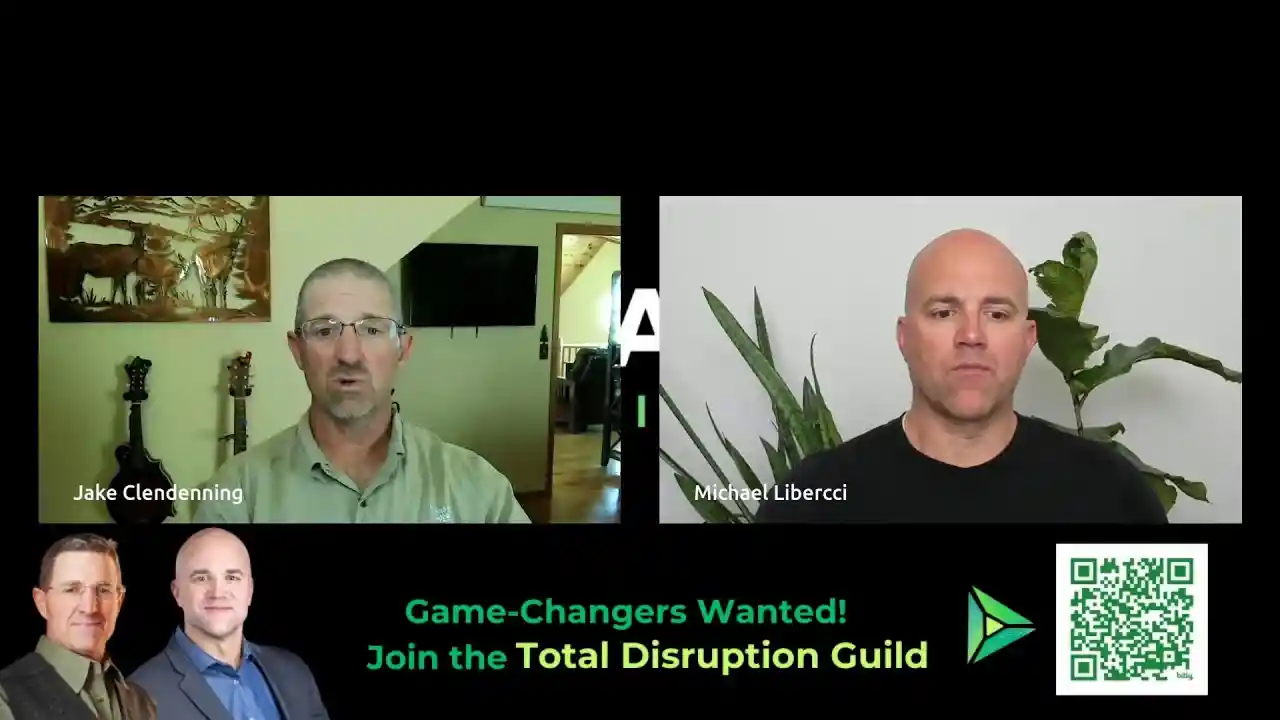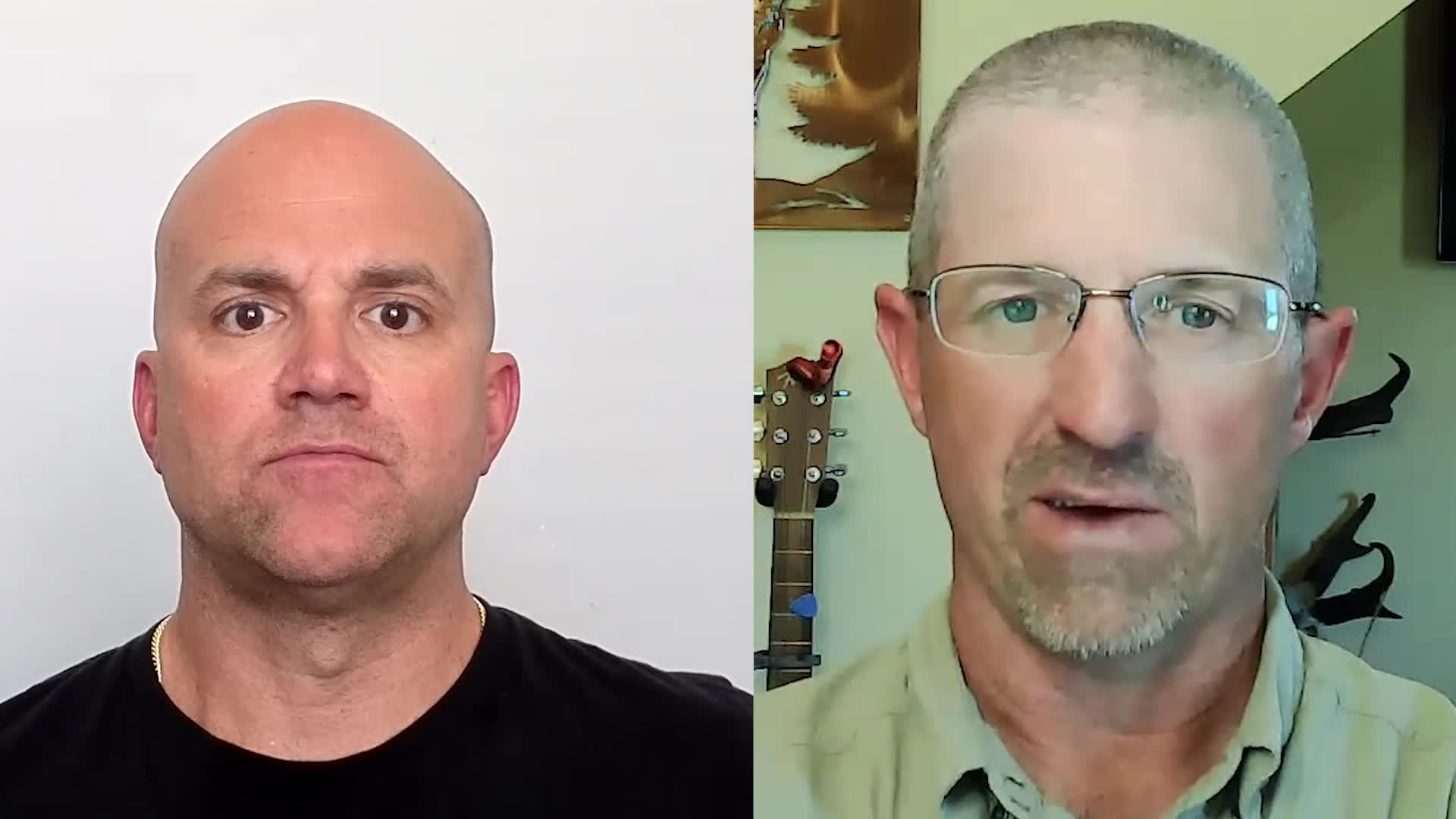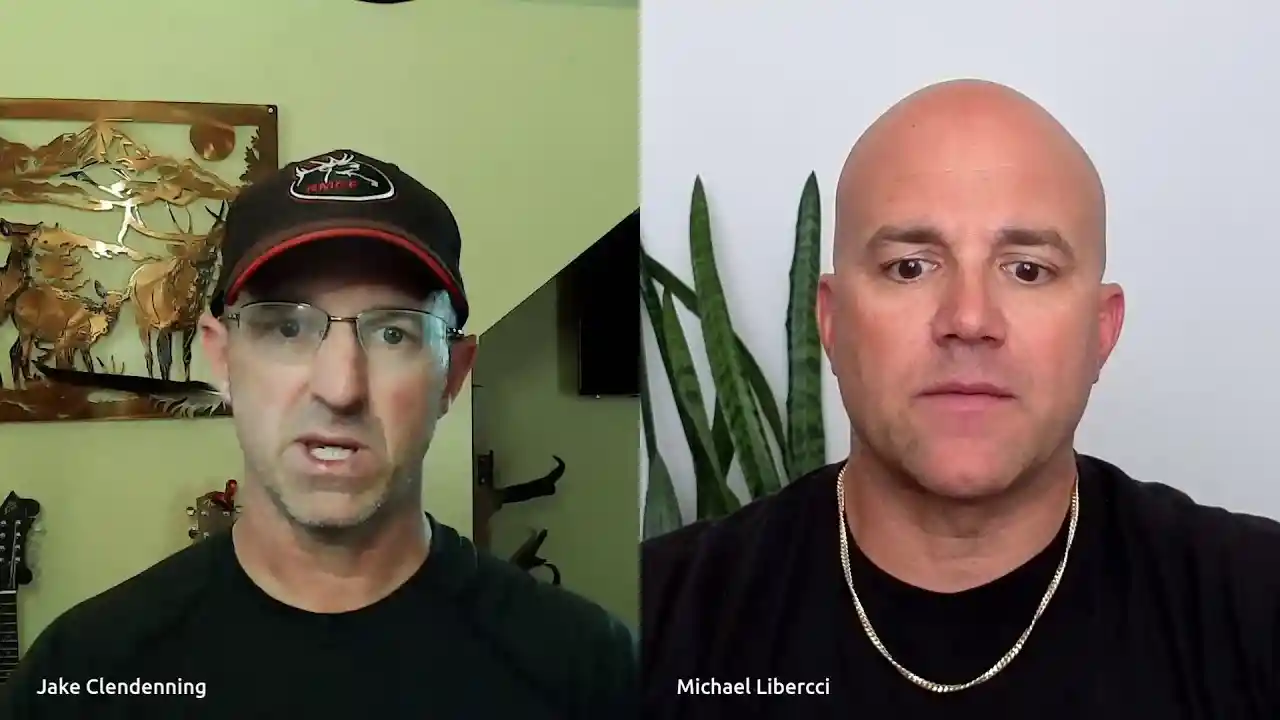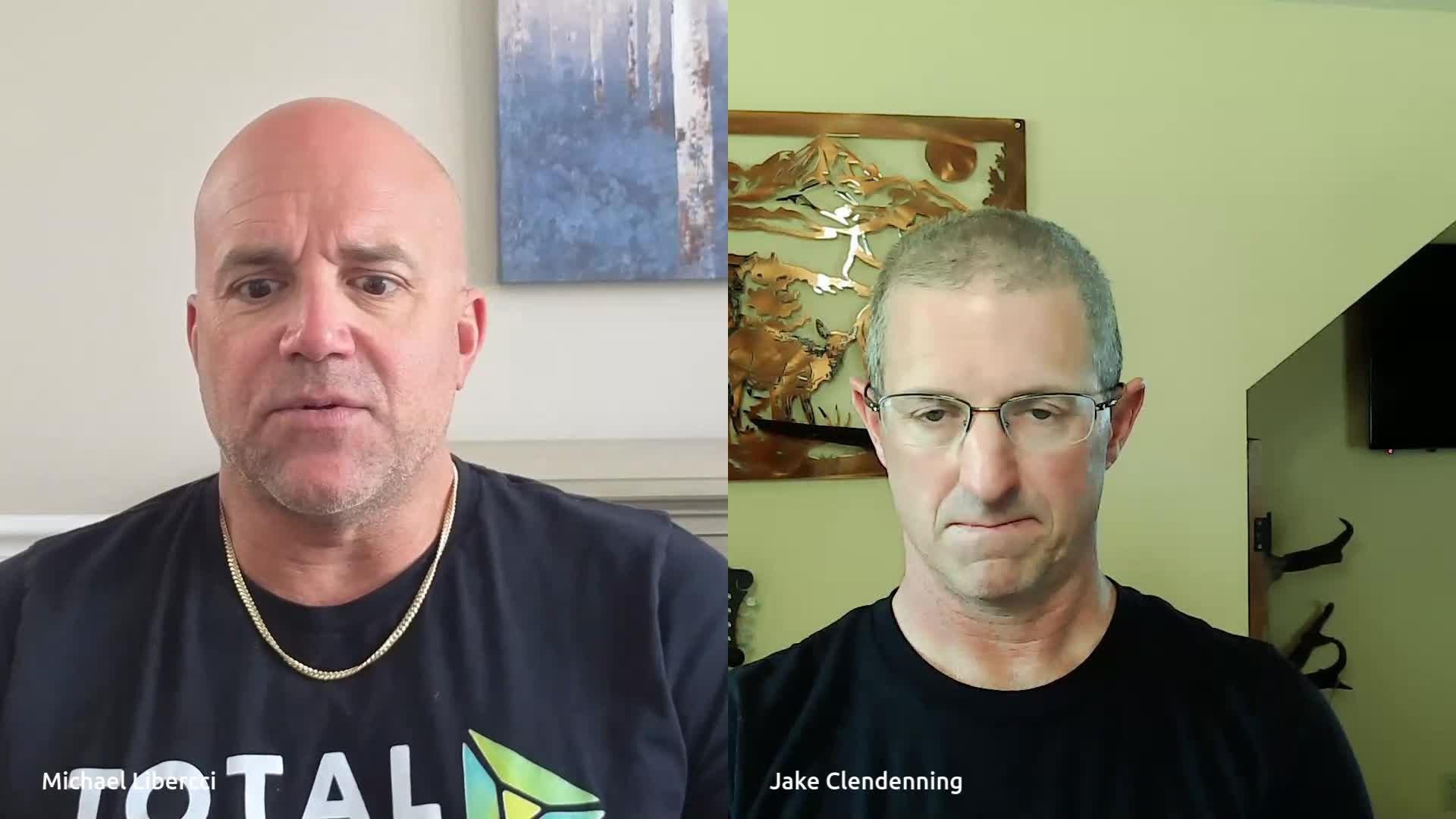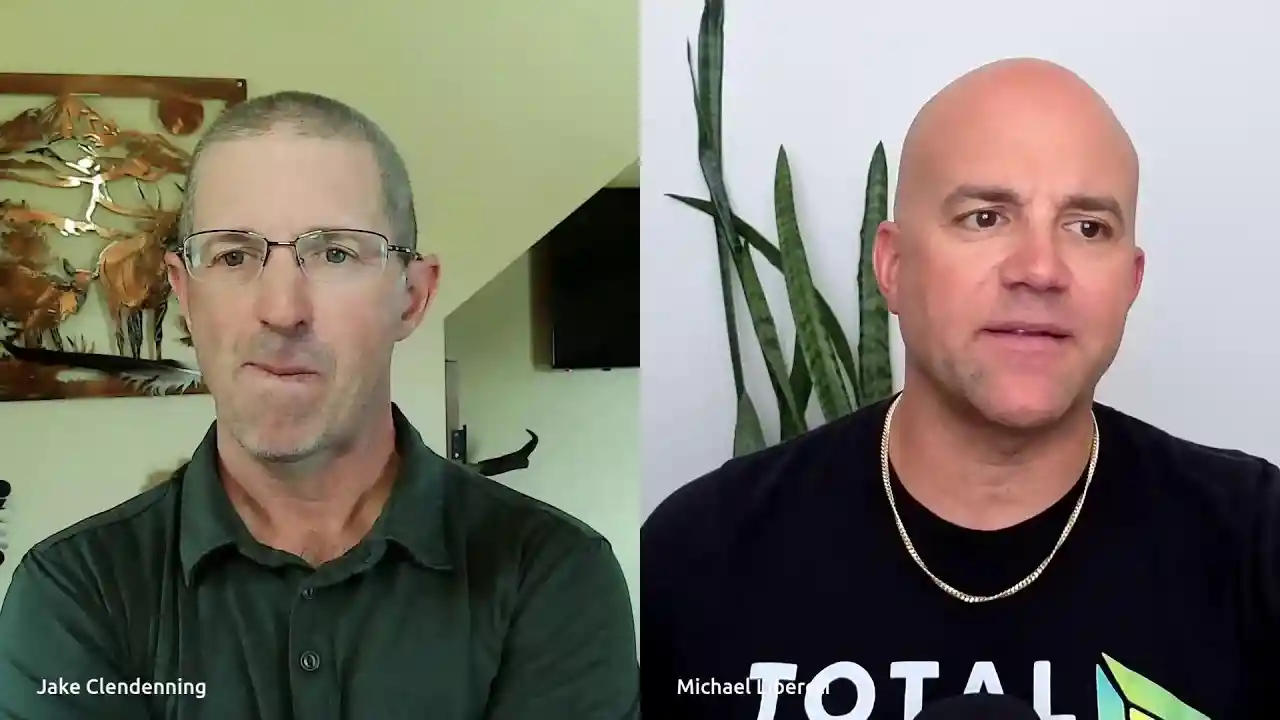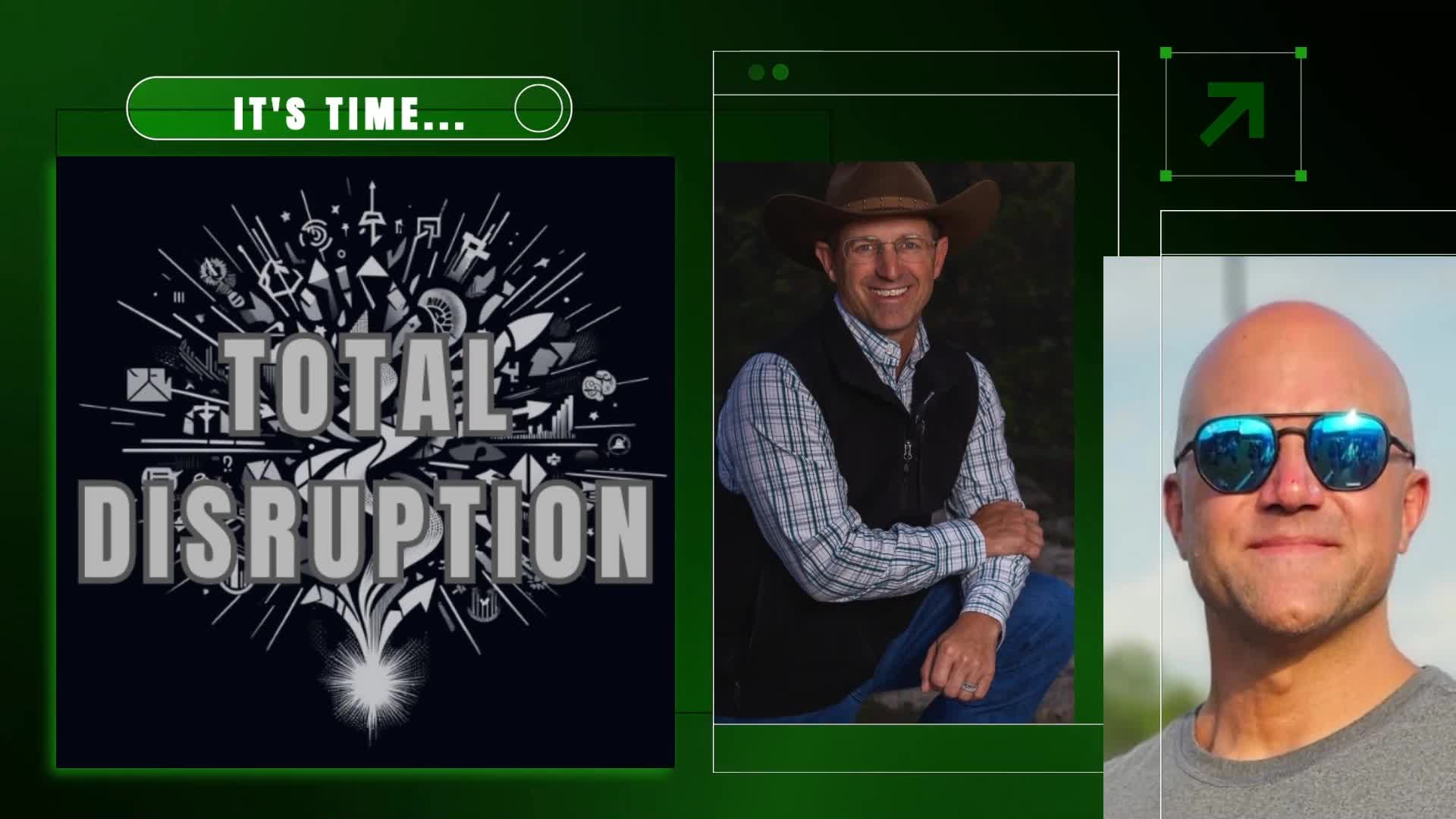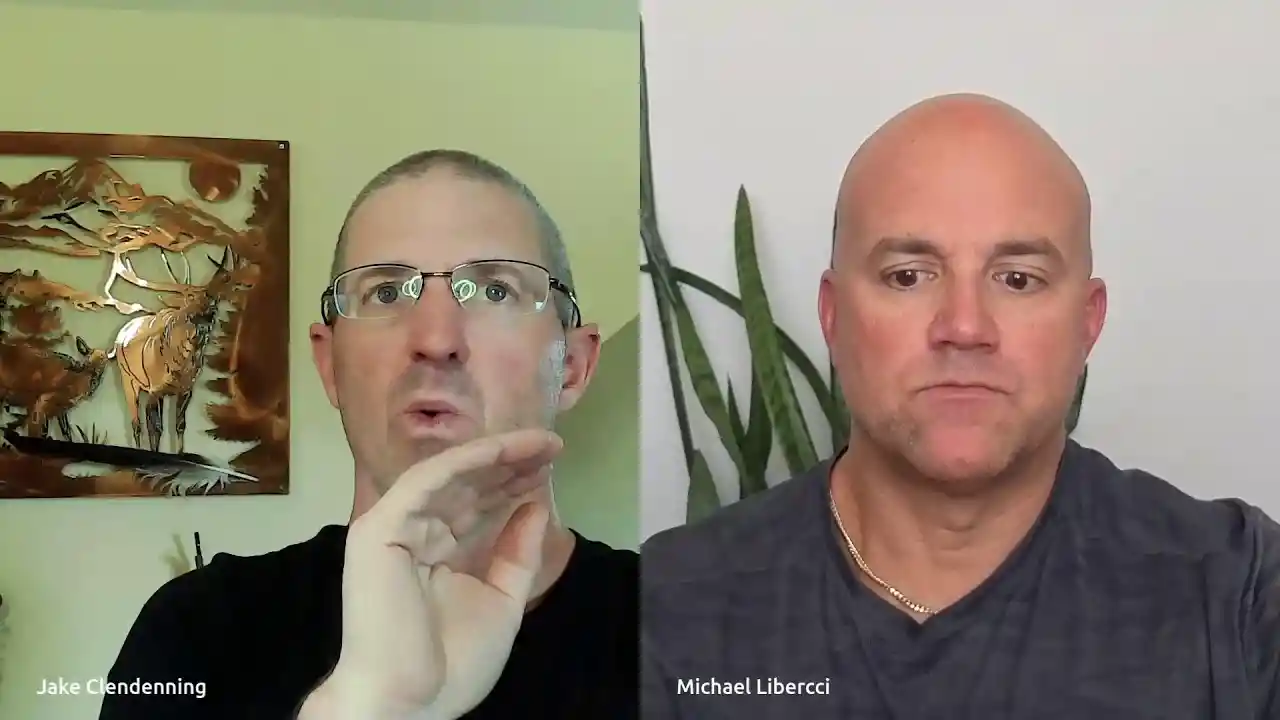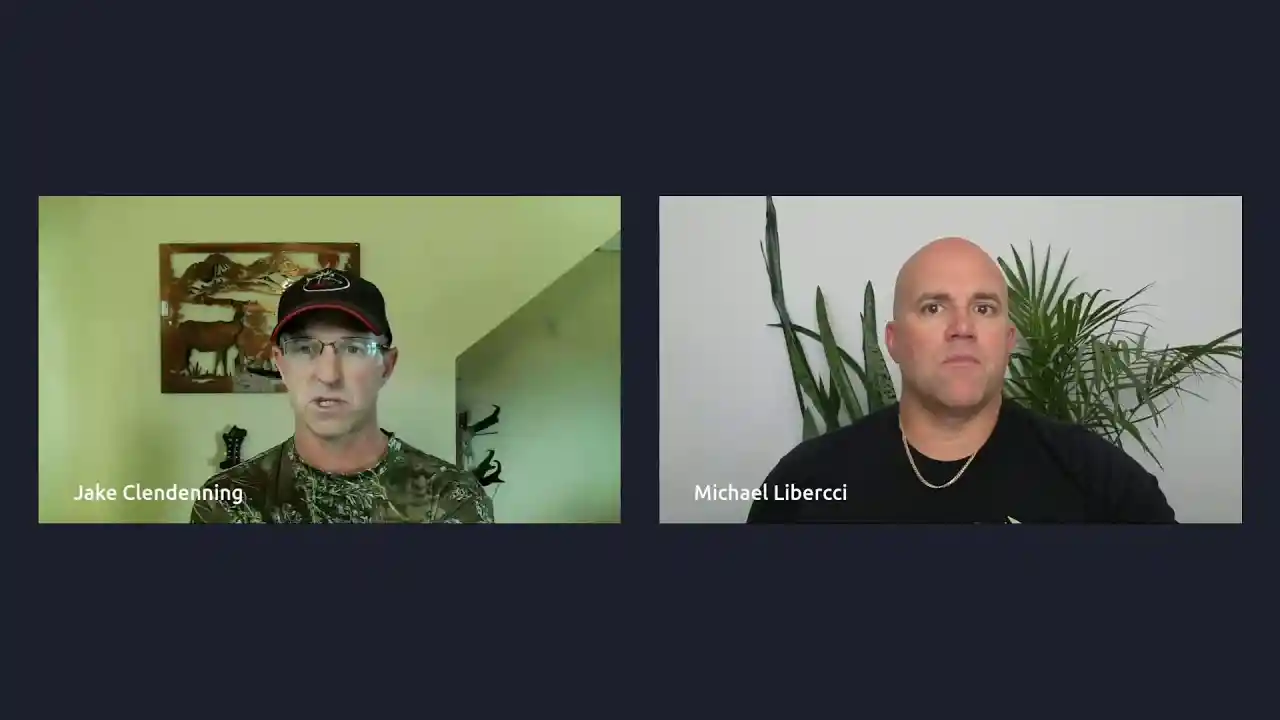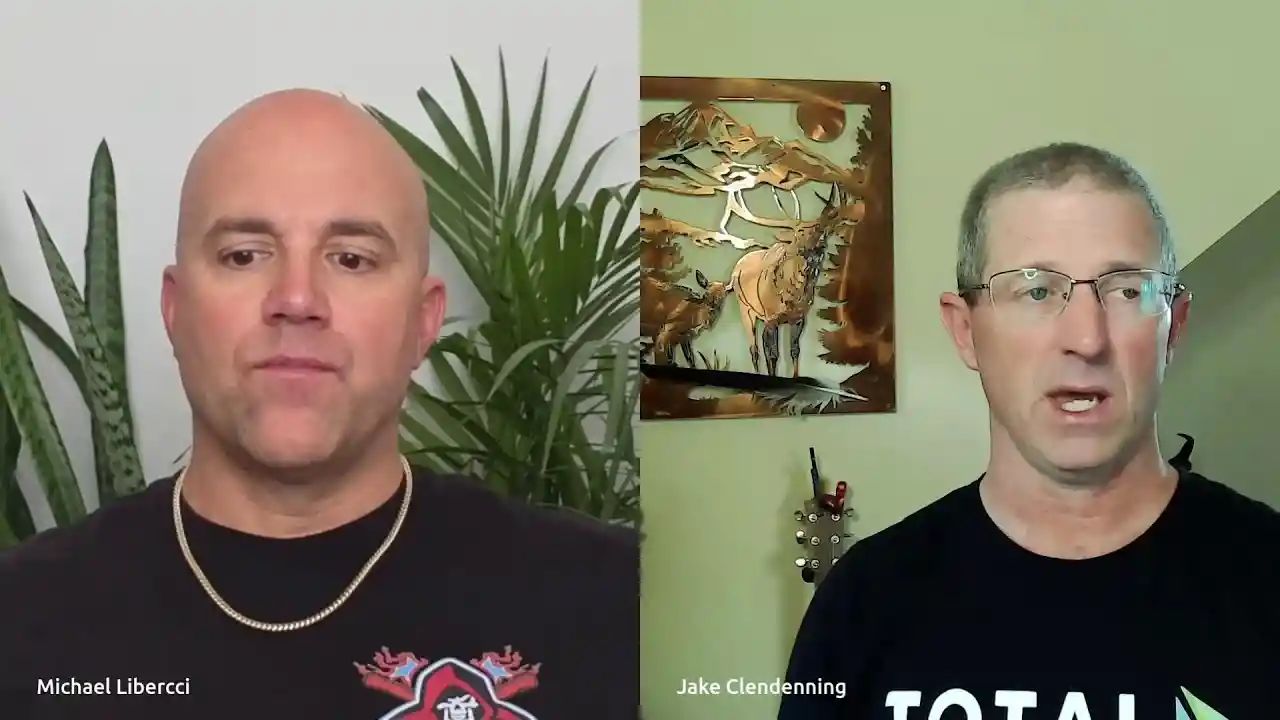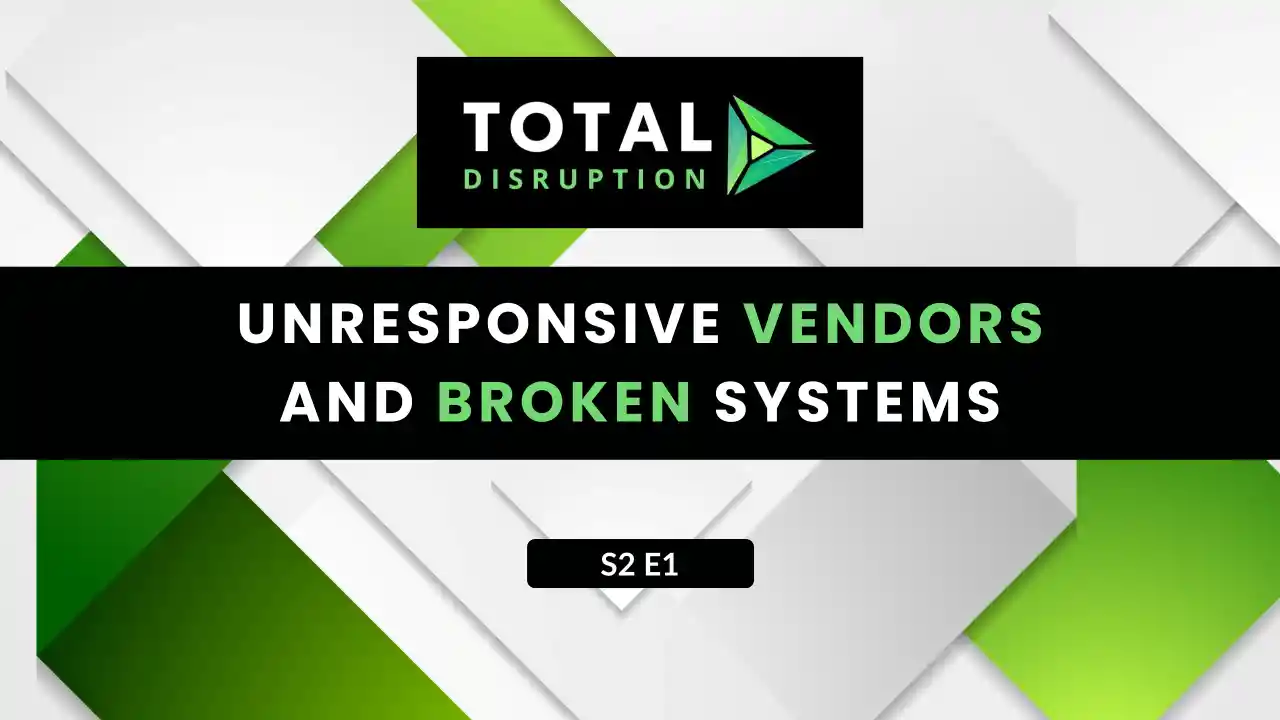S2E1 - Unresponsive Vendors & Broken Systems: The Entrepreneur's Guide to Getting Things Done (Finally!)
In this high-energy and relatable episode of Total Disruption, hosts Jake and Mike tackle a universal frustration for entrepreneurs: the agonizing experience of relying on external contractors and service providers who don't seem to operate on the same planet, let alone the same timeline. They dive headfirst into the crucial concept of leverage, acknowledging the initial allure – and ultimate failure – of trying to be a one-person business powerhouse. From bookkeeping to web design, they underscore the necessity of paying for expertise and strategically outsourcing tasks to truly scale and avoid burnout.
The conversation quickly ignites around the hosts' recent encounters with vendors where expectations and delivered results have been spectacularly misaligned. Mike, particularly animated, shares their firsthand experiences of this disconnect, prompting a vital discussion about ownership and the responsibility of setting crystal-clear expectations from the outset. Jake injects humor with his go-to frustration response: "Maybe English isn't my first language?" when the delivered output bears little resemblance to the initial request.
They dissect the breakdown in these relationships, emphasizing that while external parties bear responsibility for their performance, the initial groundwork of defining needs and timelines rests with the business owner. This leads to a powerful advocacy for implementing a rigorous "interview process" for every vendor, regardless of glowing referrals. Jake and Mike recount instances where relying on the reputation of referred providers led to a bypass of this essential vetting, resulting in current headaches. This interview process, they argue, must proactively address potential points of failure, system redundancies, communication protocols, and mutually agreed-upon timelines.
Drawing a compelling analogy from the world of sports, Jake introduces the concept of "building your bench." Just as a football team needs backup quarterbacks ready to step in, businesses must cultivate secondary options for critical functions. Relying solely on one provider leaves the business dangerously vulnerable when systems fail or the primary contact drops the ball. The hosts acknowledge their own recent oversight in not applying this "bench" strategy universally across all their operational areas.
The discussion takes a practical turn as they address the upcoming launch of their "Boardroom Battleground" initiative. They candidly admit a missed opportunity to explicitly communicate the launch date and the absolute necessity of fully operational vendor systems well in advance of their promotional efforts. This real-world example underscores the importance of proactively framing urgency and anticipating potential roadblocks before they materialize.
Mike shares a personal, yet highly relatable, anecdote about a frustrating home repair involving a cracked foundation and an electrical receptacle. His initial attempts to DIY the situation led to wasted time, multiple hardware store runs, and escalating frustration. The breakthrough came when he sought the advice of experienced individuals – an electrician and an engineer – who offered a simple, elegant solution he had overlooked while being too deeply immersed in the problem.
This story serves as a powerful metaphor for business challenges, illustrating the value of seeking external perspectives. Jake passionately champions the power of asking "who" – reaching out to individuals with relevant expertise for guidance. He asserts that many seemingly insurmountable business barriers can be overcome simply by seeking a fresh pair of eyes and asking for help. He highlights the symbiotic relationship he and Mike share in navigating their own business hurdles.
The conversation delves into the psychology of problem-solving, emphasizing the principle of "what you focus on expands." The hosts stress the importance of shifting from dwelling on the problem ("Why isn't this working?") to actively seeking solutions ("What needs to happen to fix it?"). This change in questioning reframes the brain's focus towards resolution.
Mike introduces the concept of an "internal clock" – developing self-awareness to recognize when you're too deep in a problem, experiencing panic, or moving too quickly down a potentially wrong path. He advocates for slowing down and seeking external input before significant time and energy are wasted. Jake reinforces this by highlighting their frequent role as coaches in guiding clients out of similar "rabbit holes."
In closing, Jake emphasizes the proactive step of "getting a who" – actively building a network of knowledgeable individuals who can provide support and solutions. He also addresses the often-underestimated time commitment required to backtrack from mistakes, cautioning against the desire for instant fixes.
